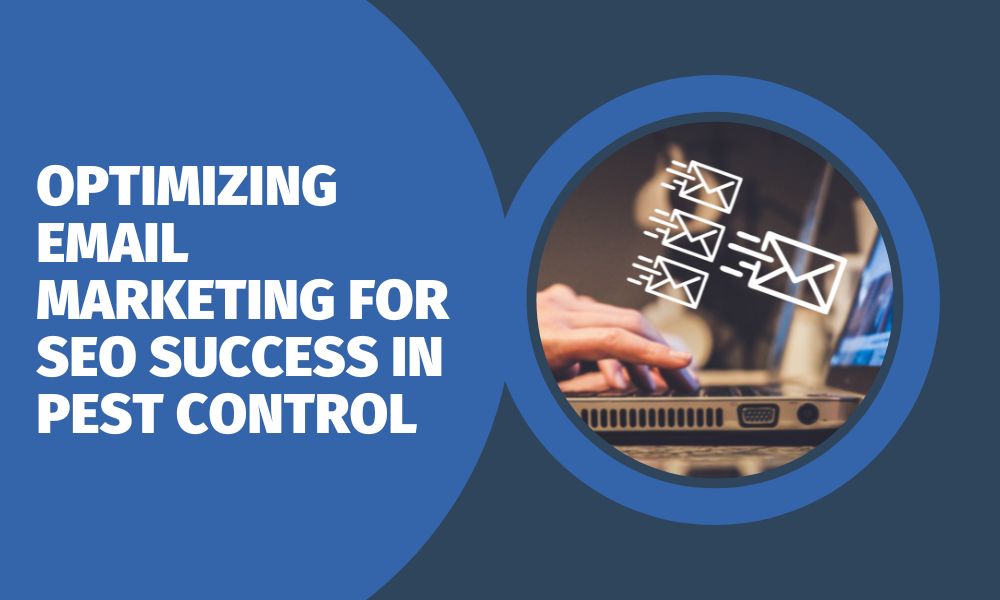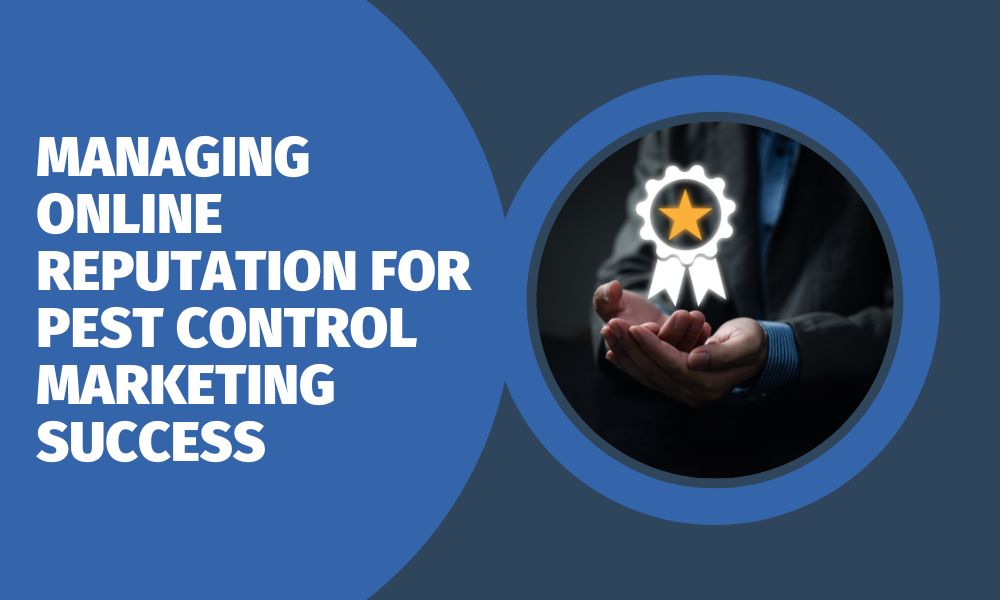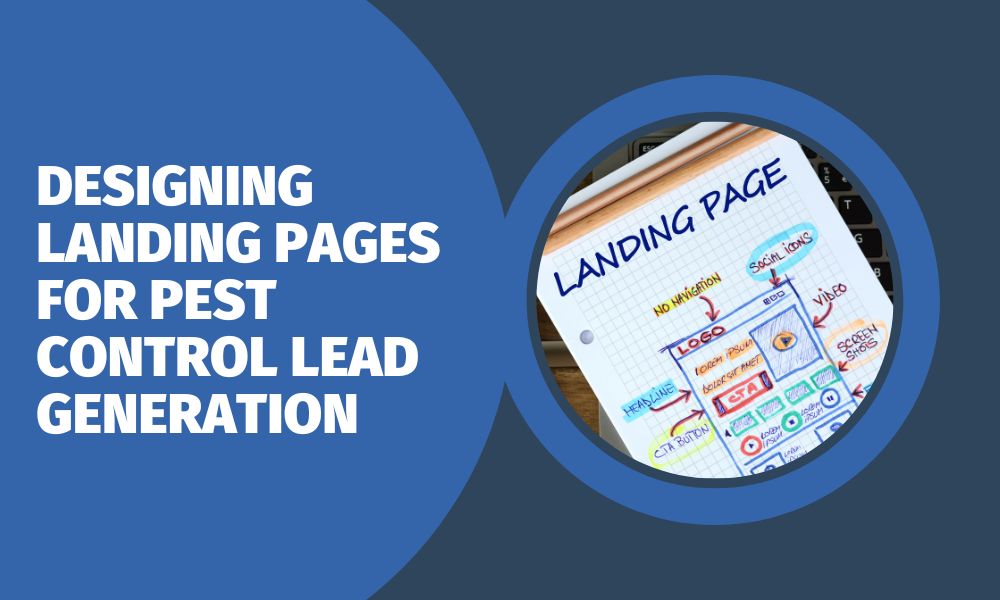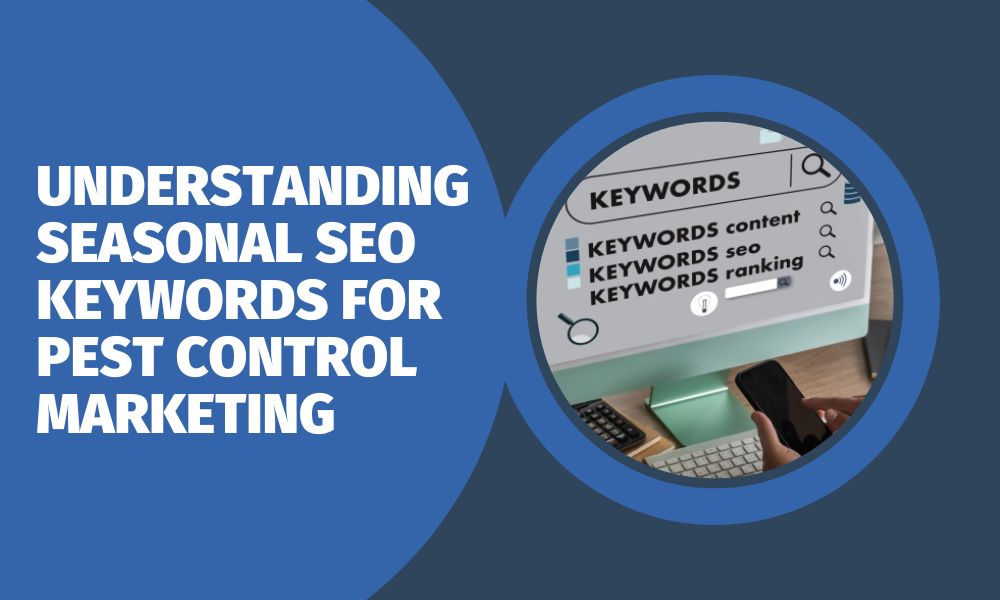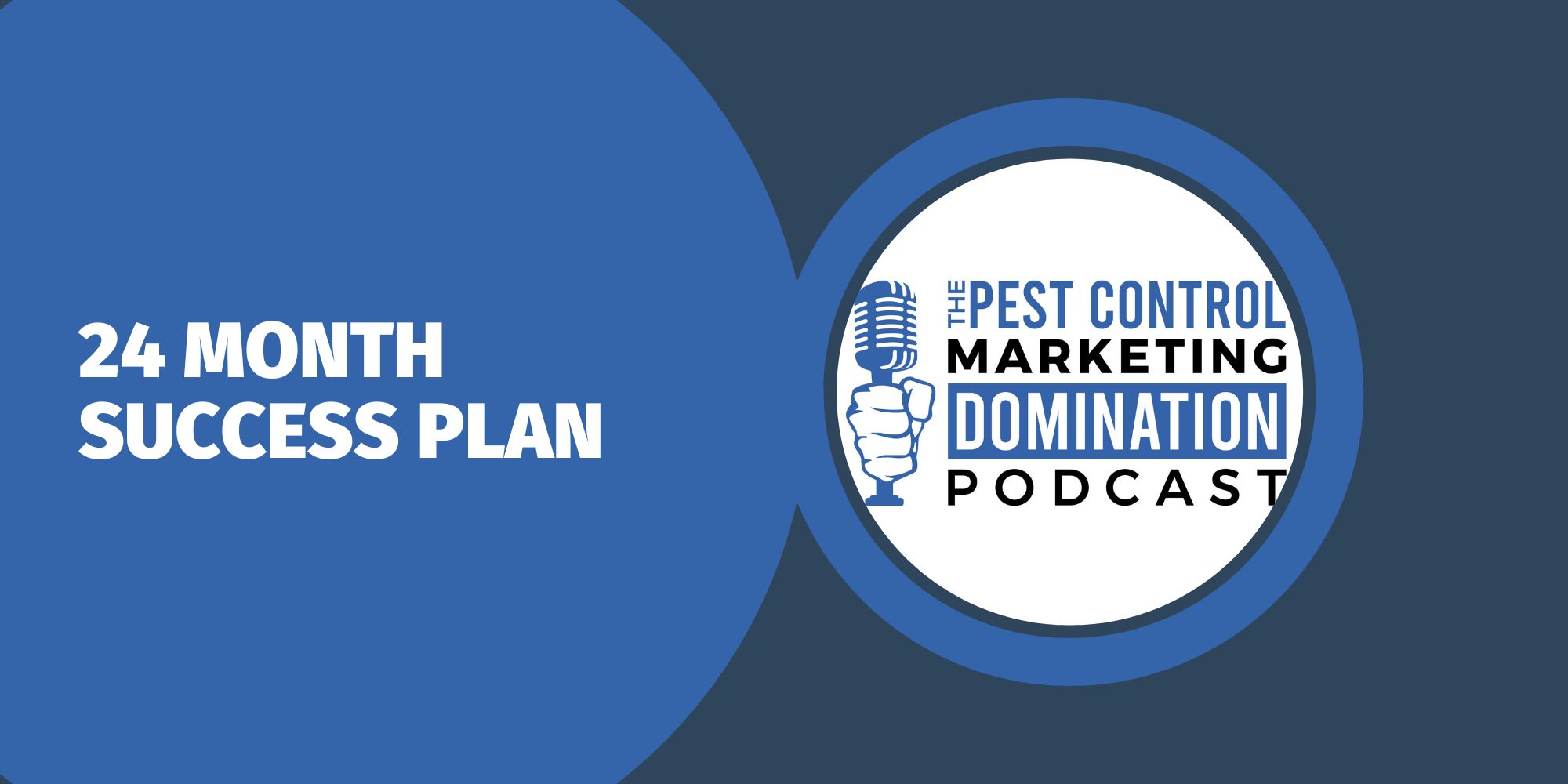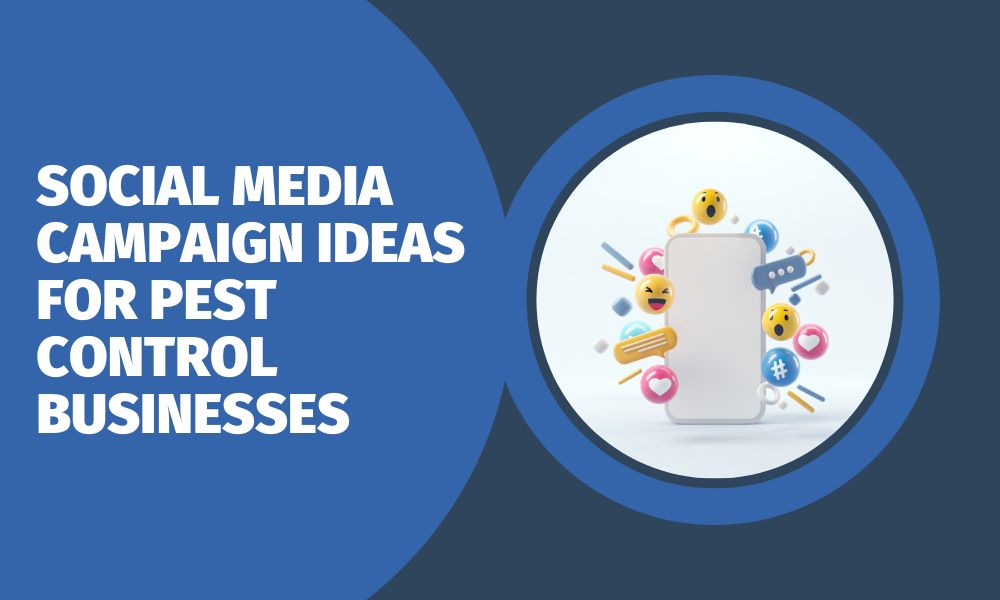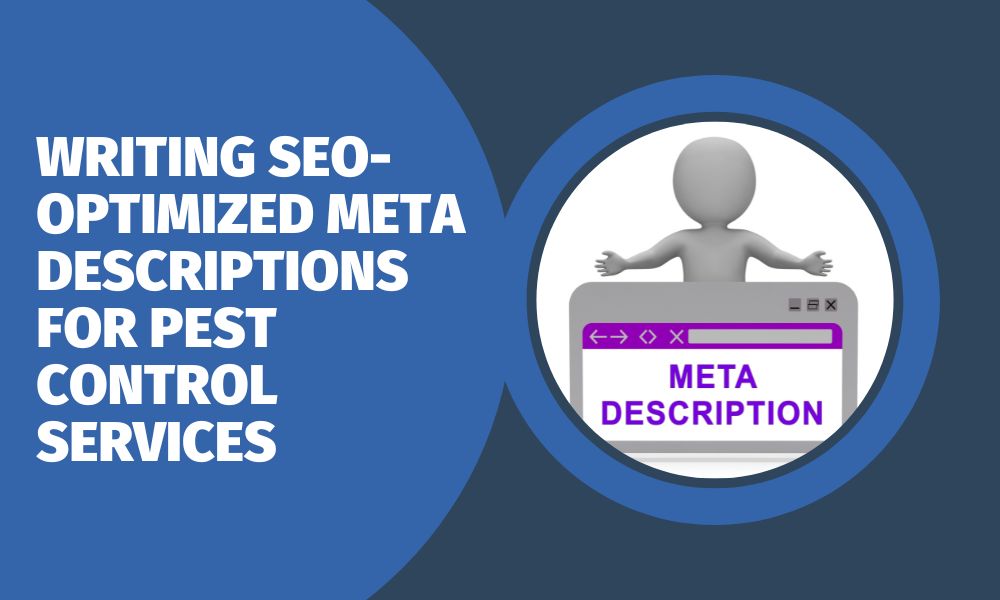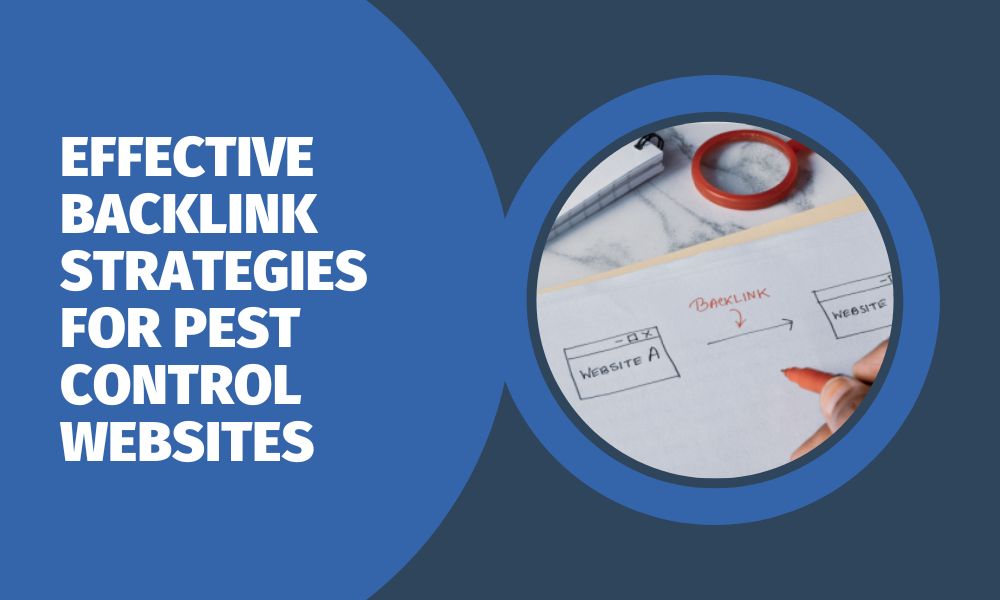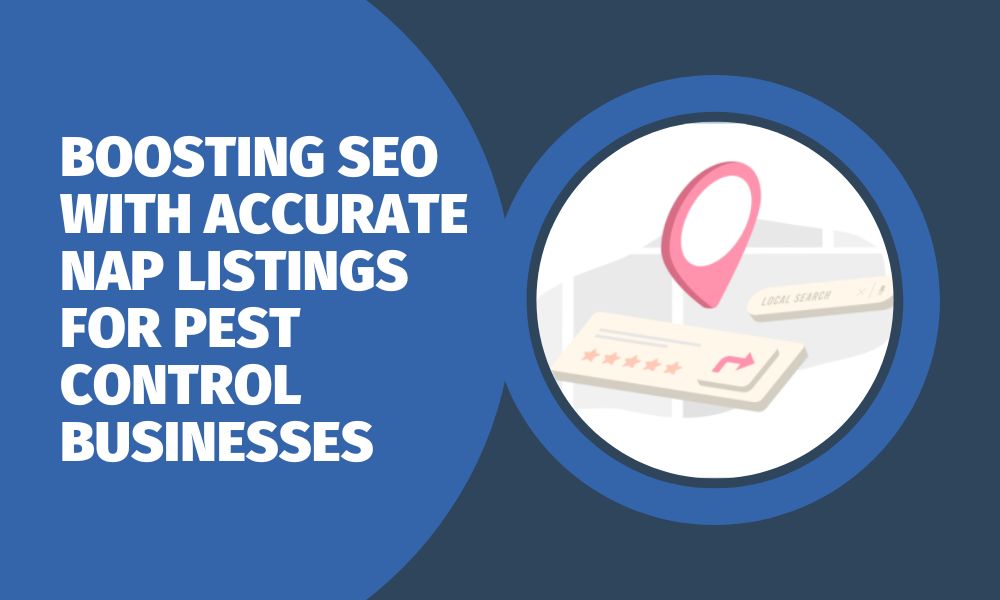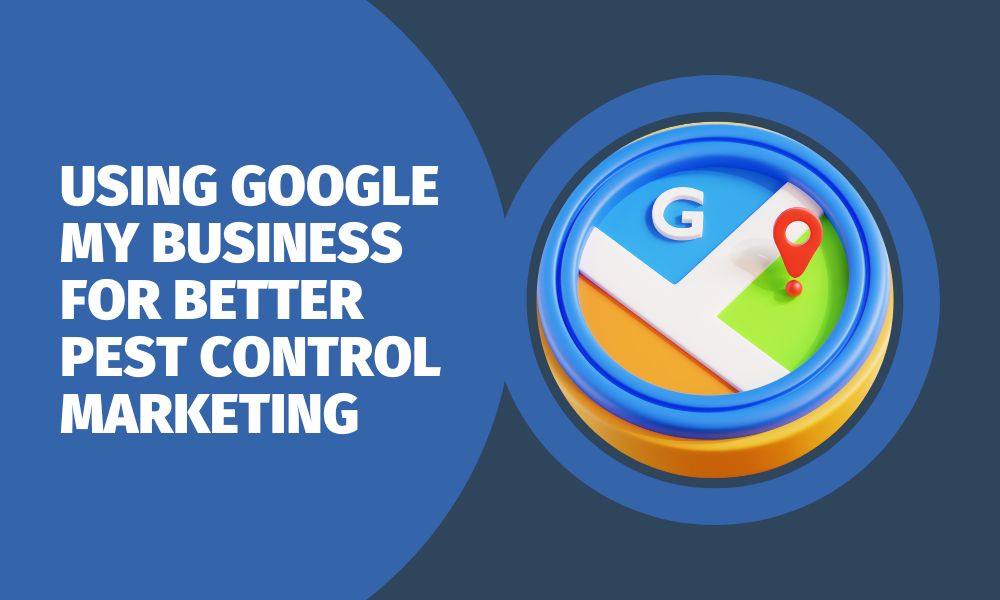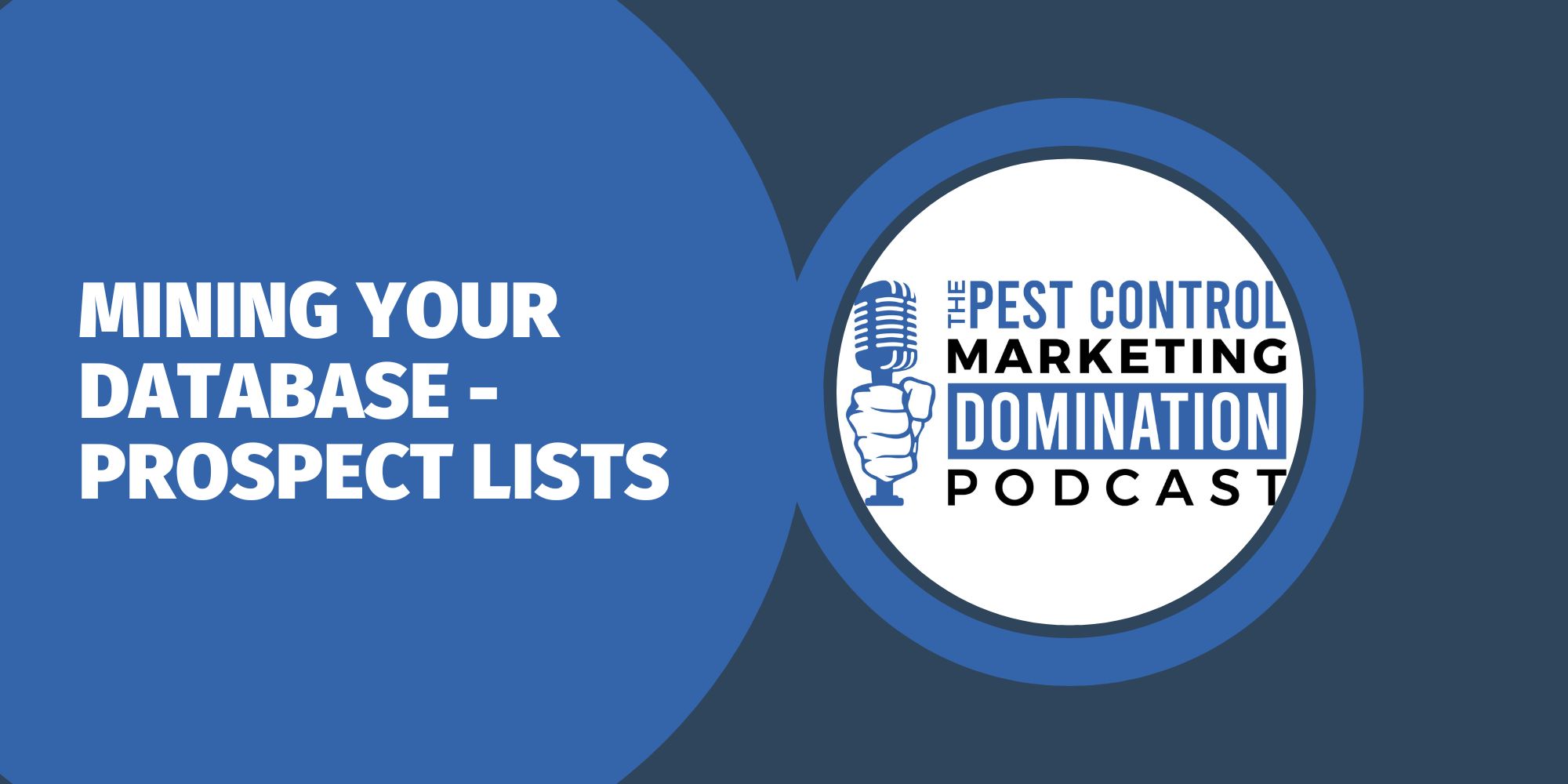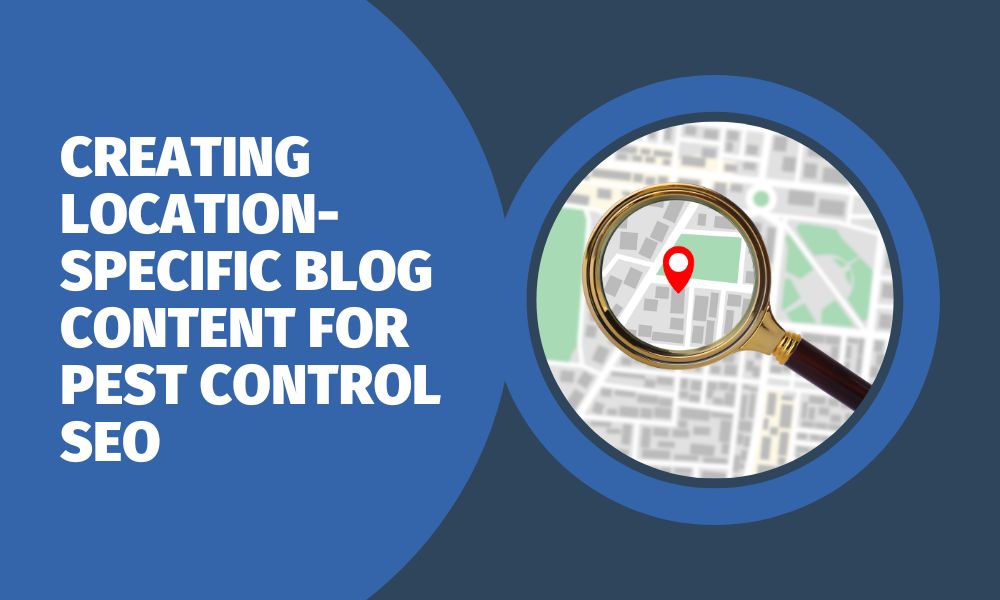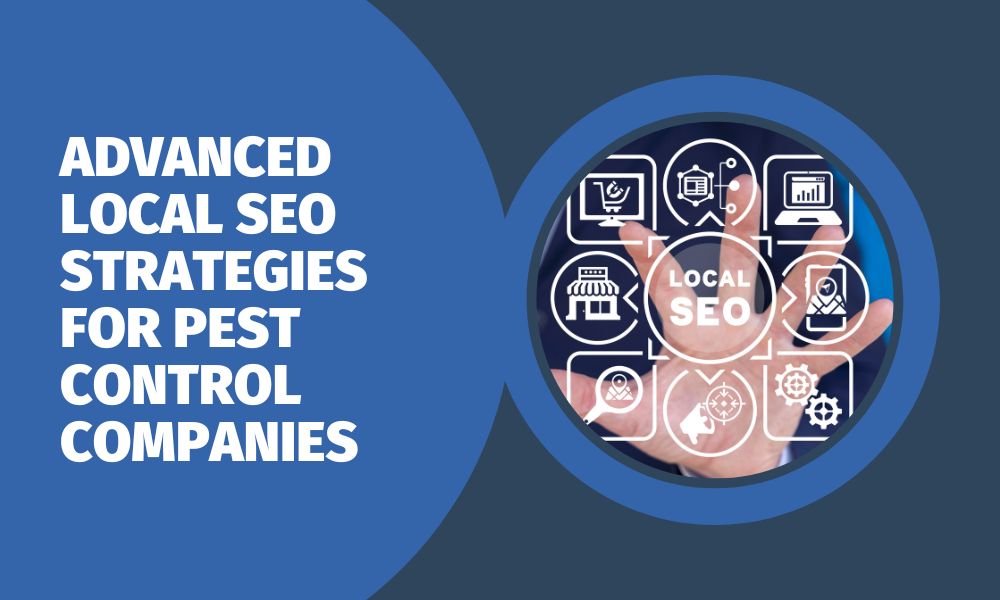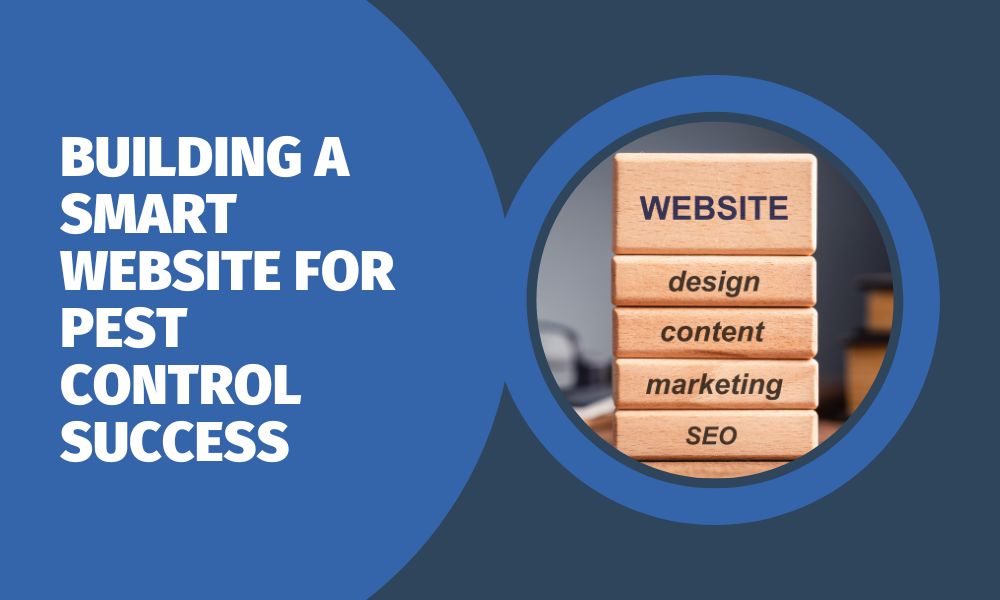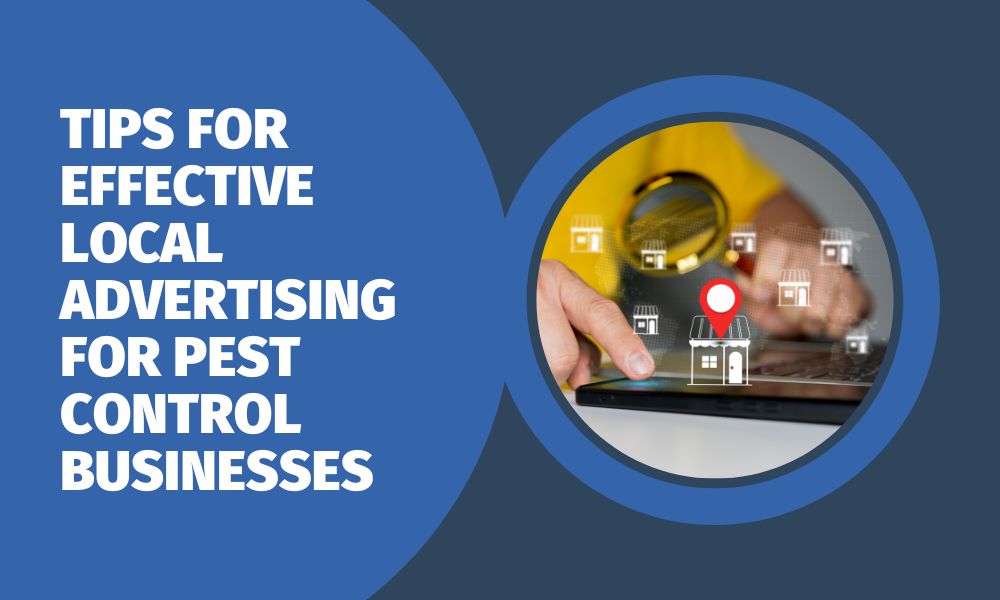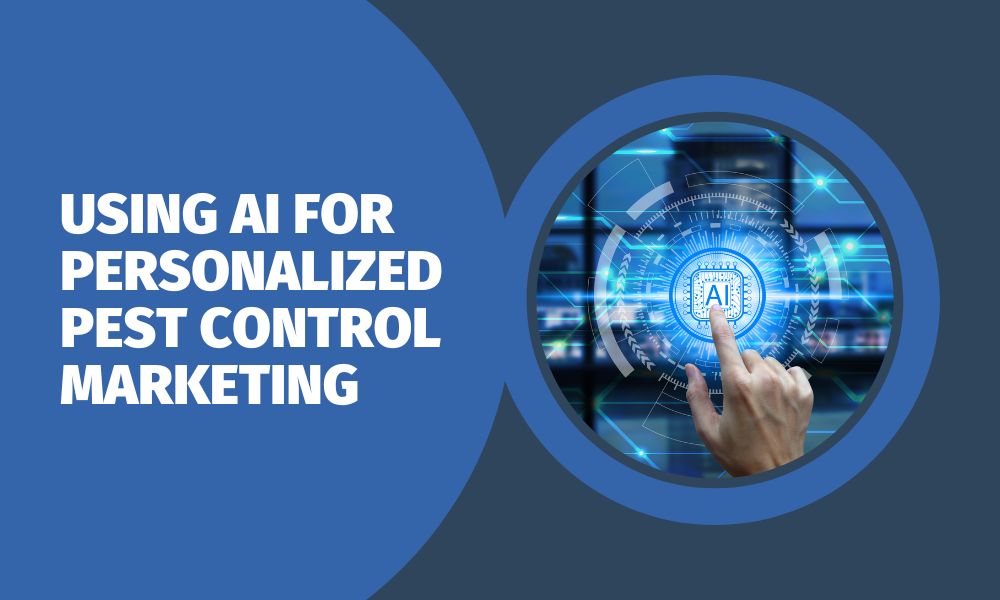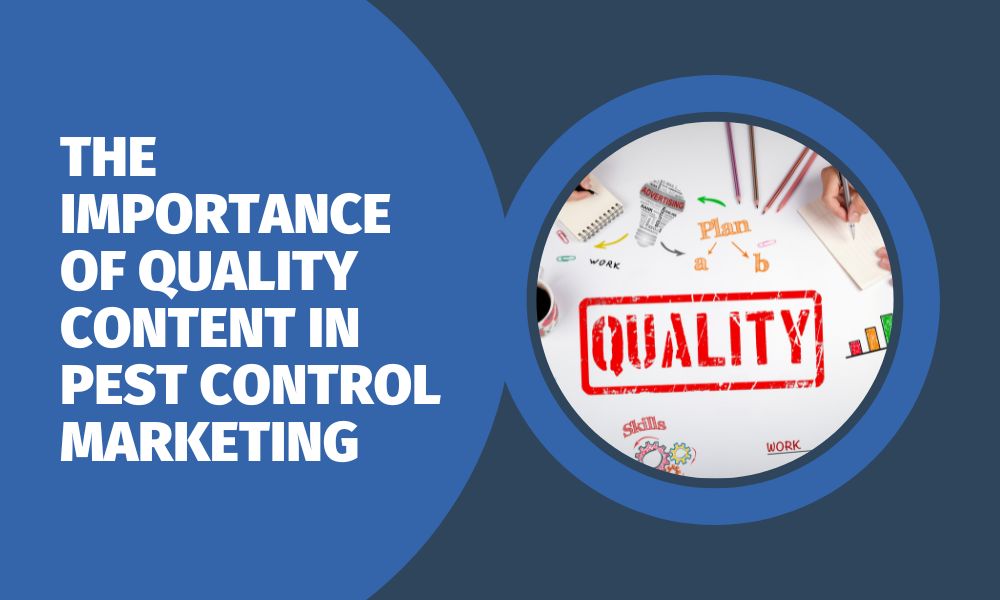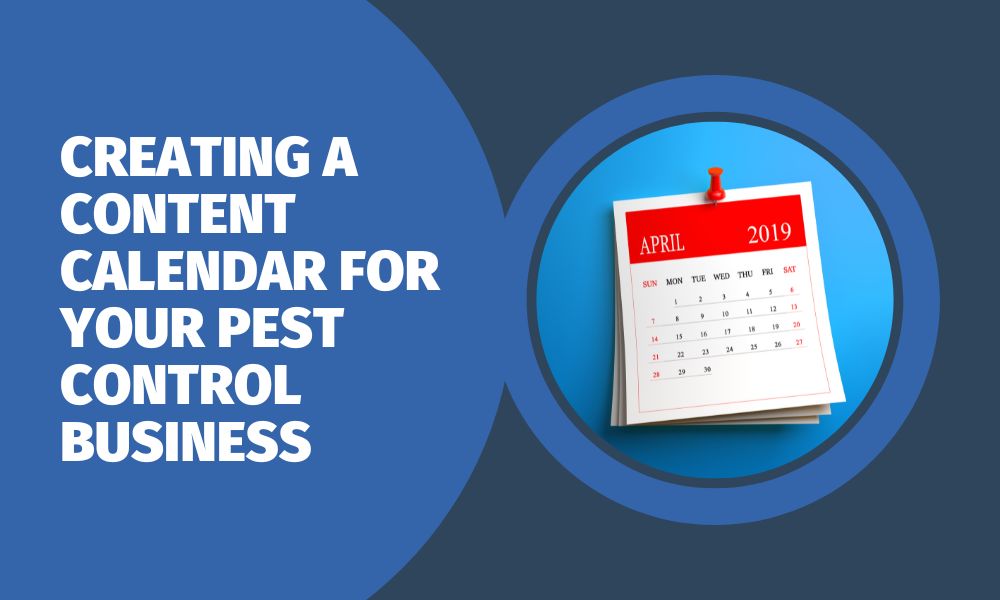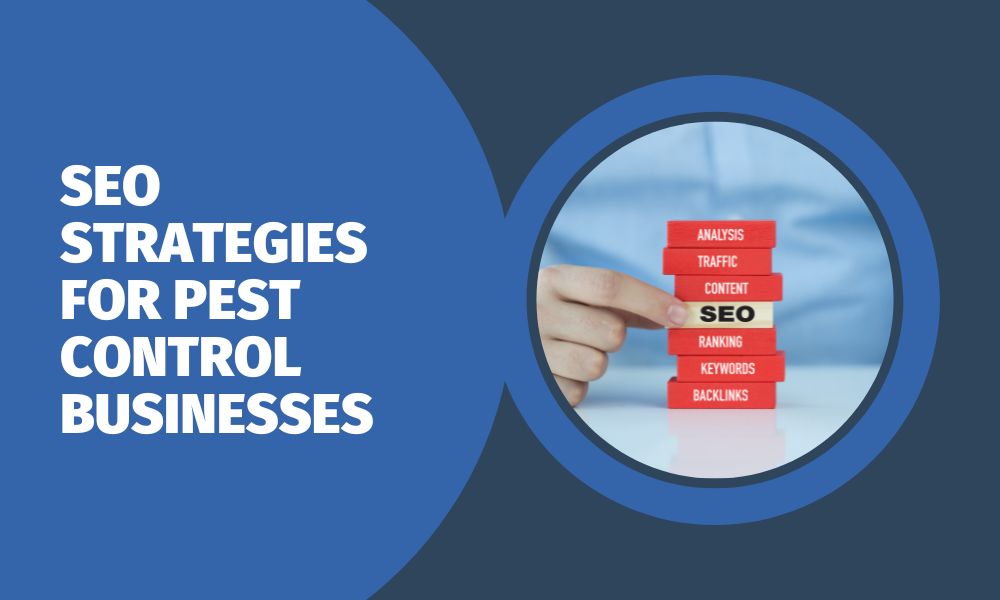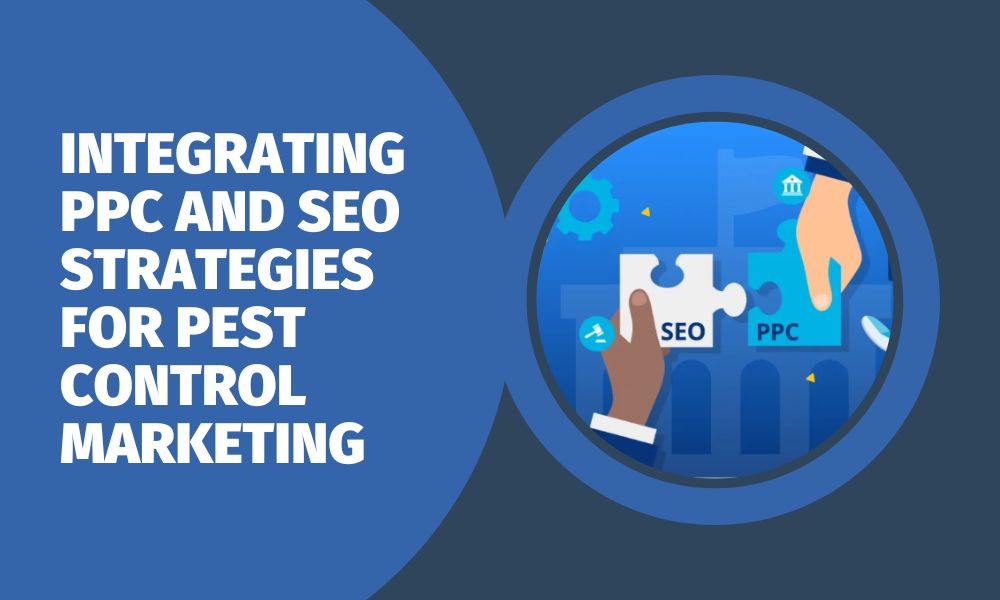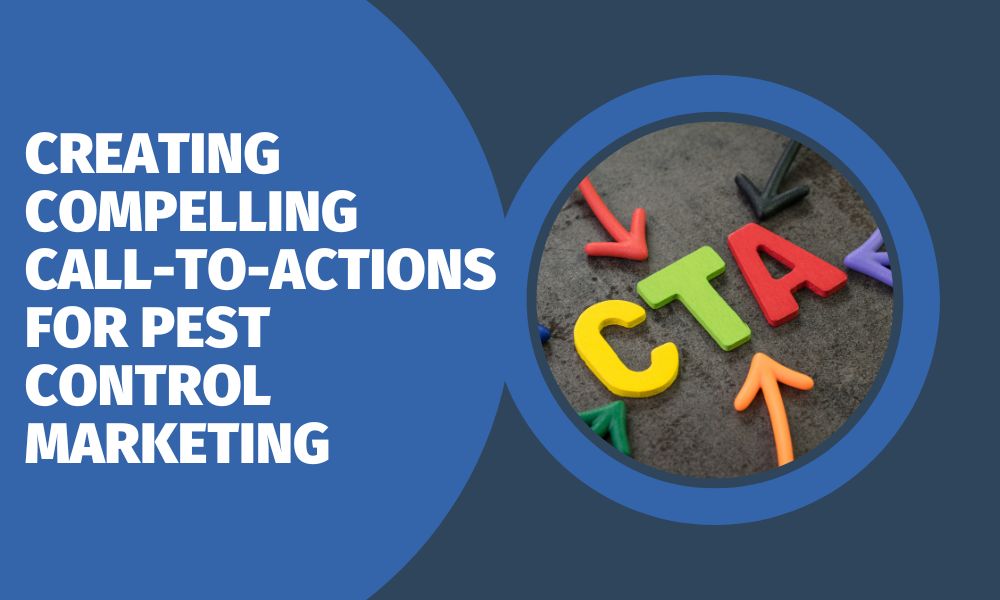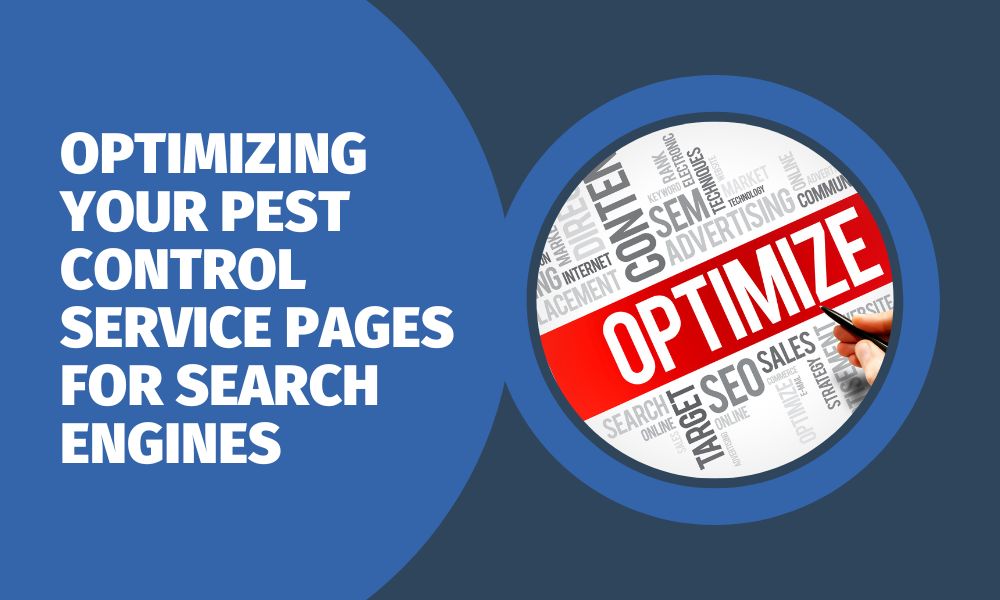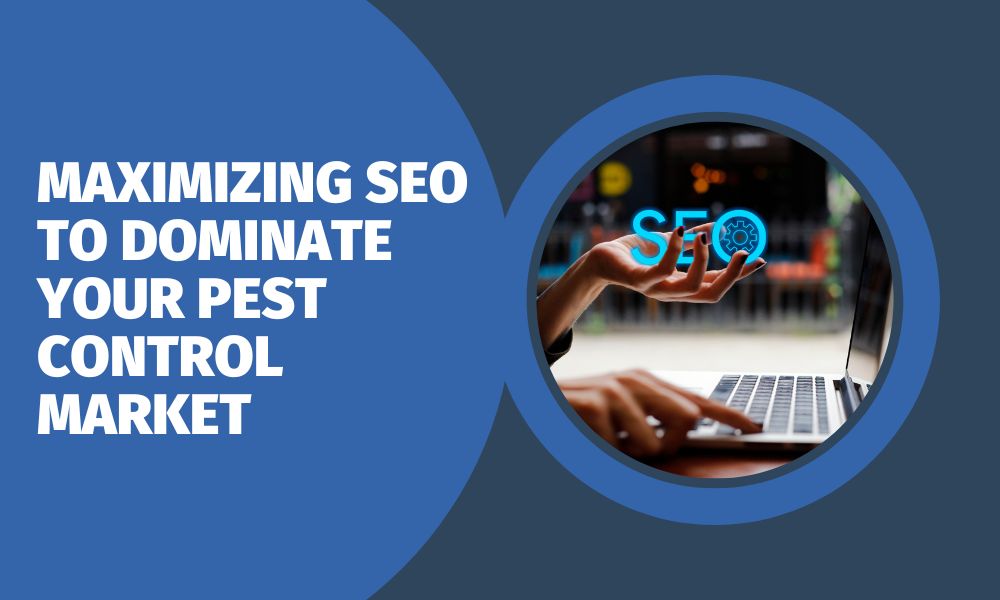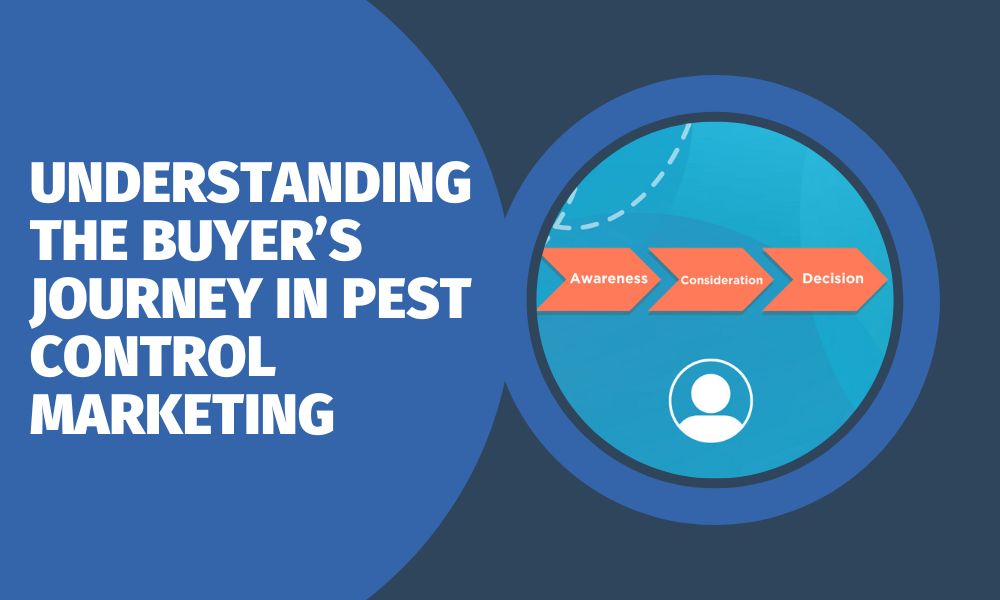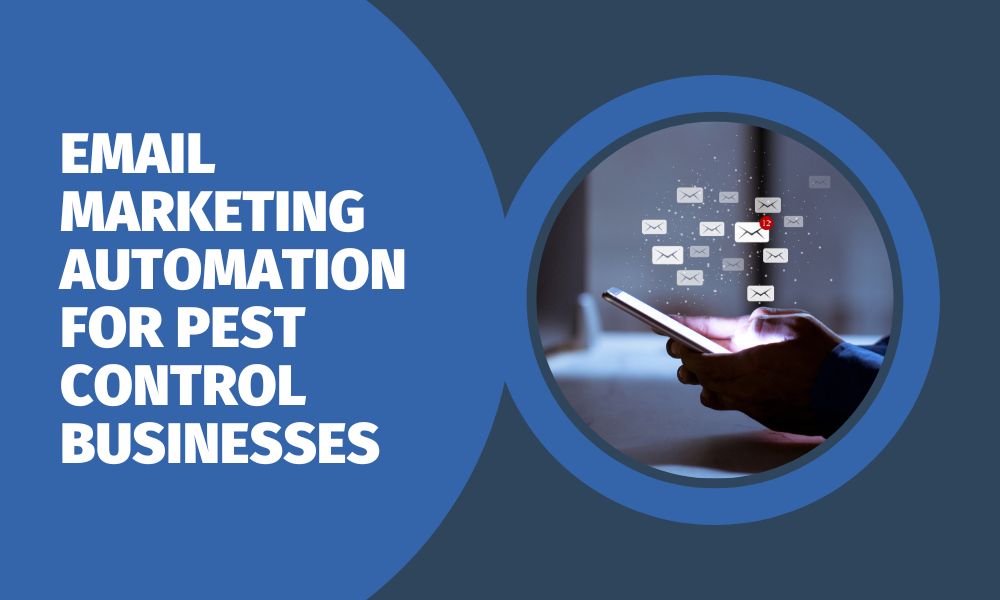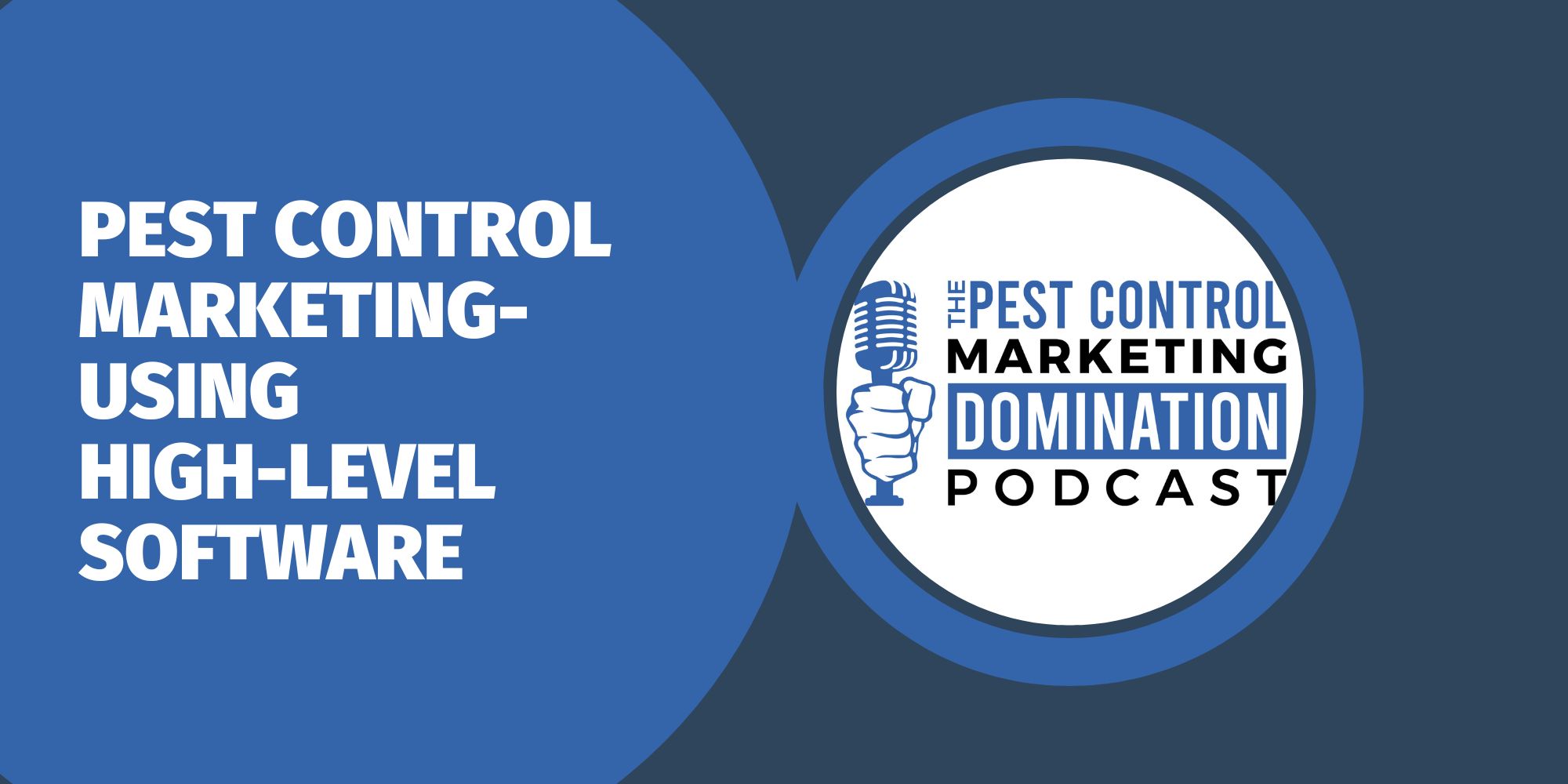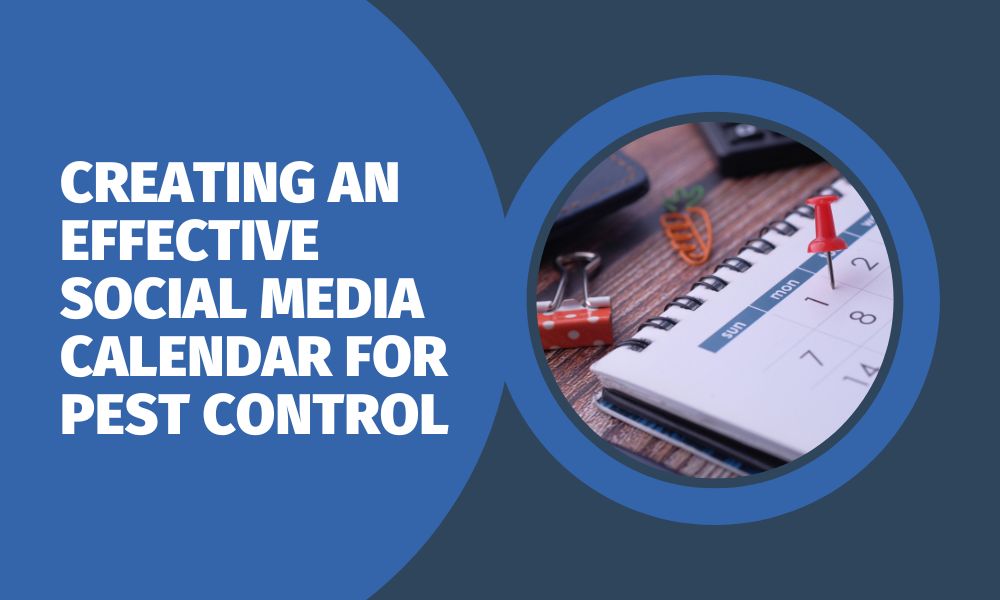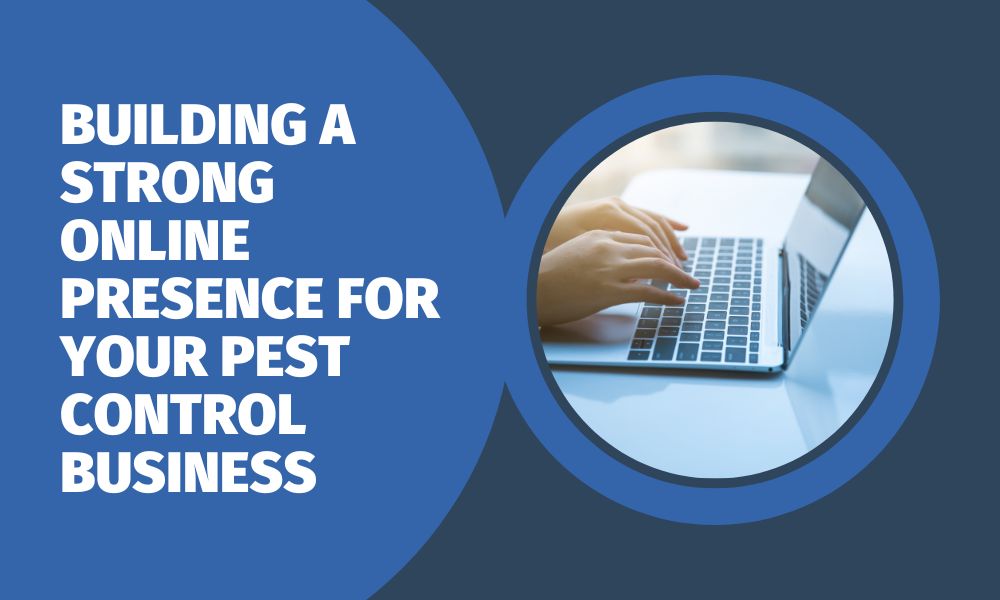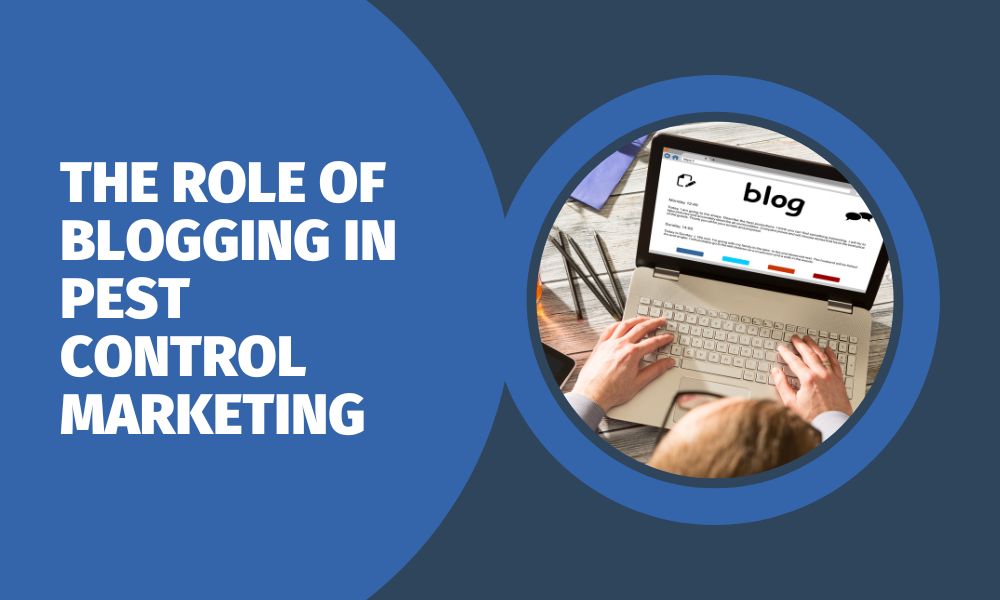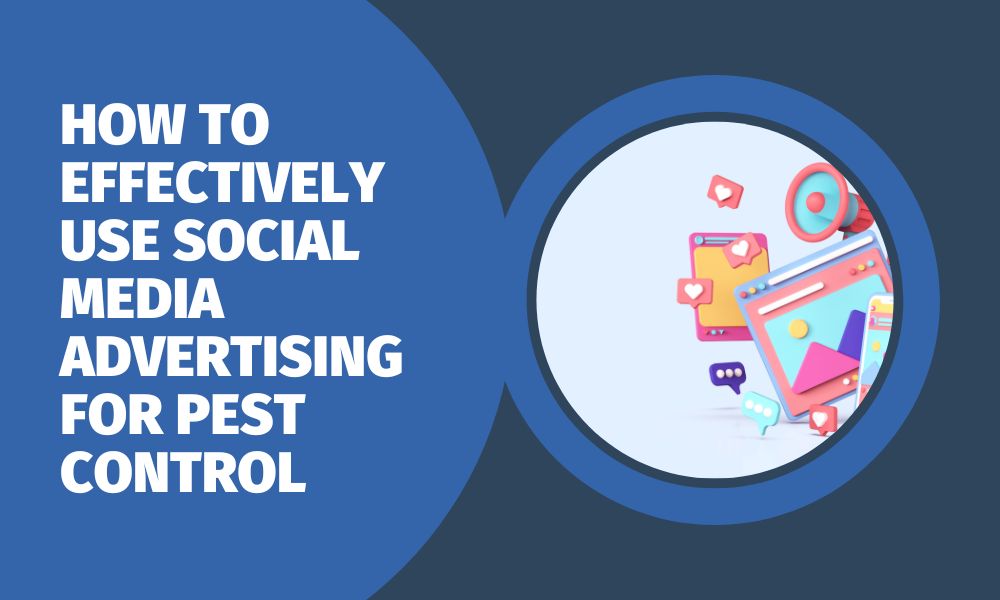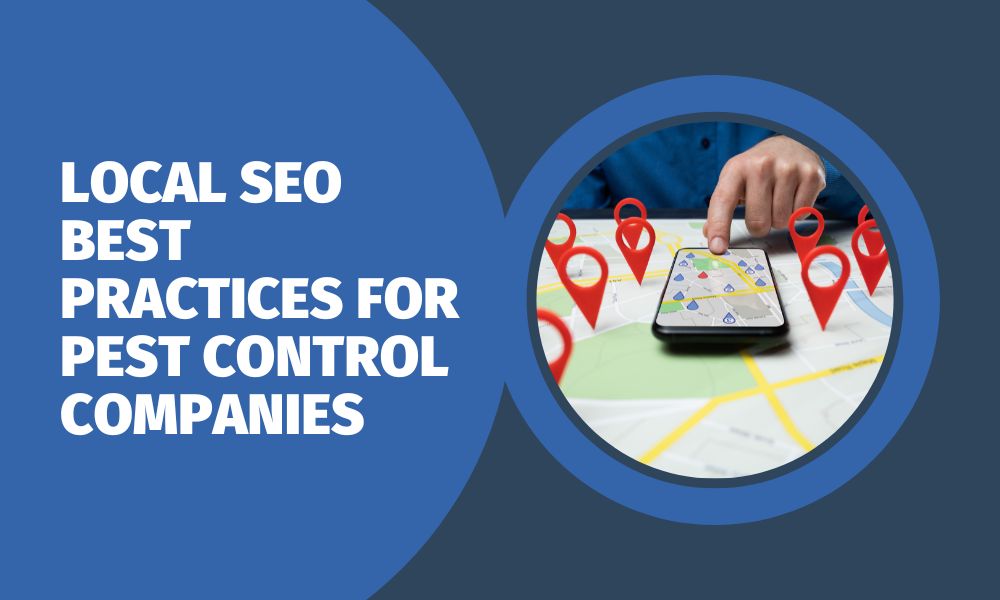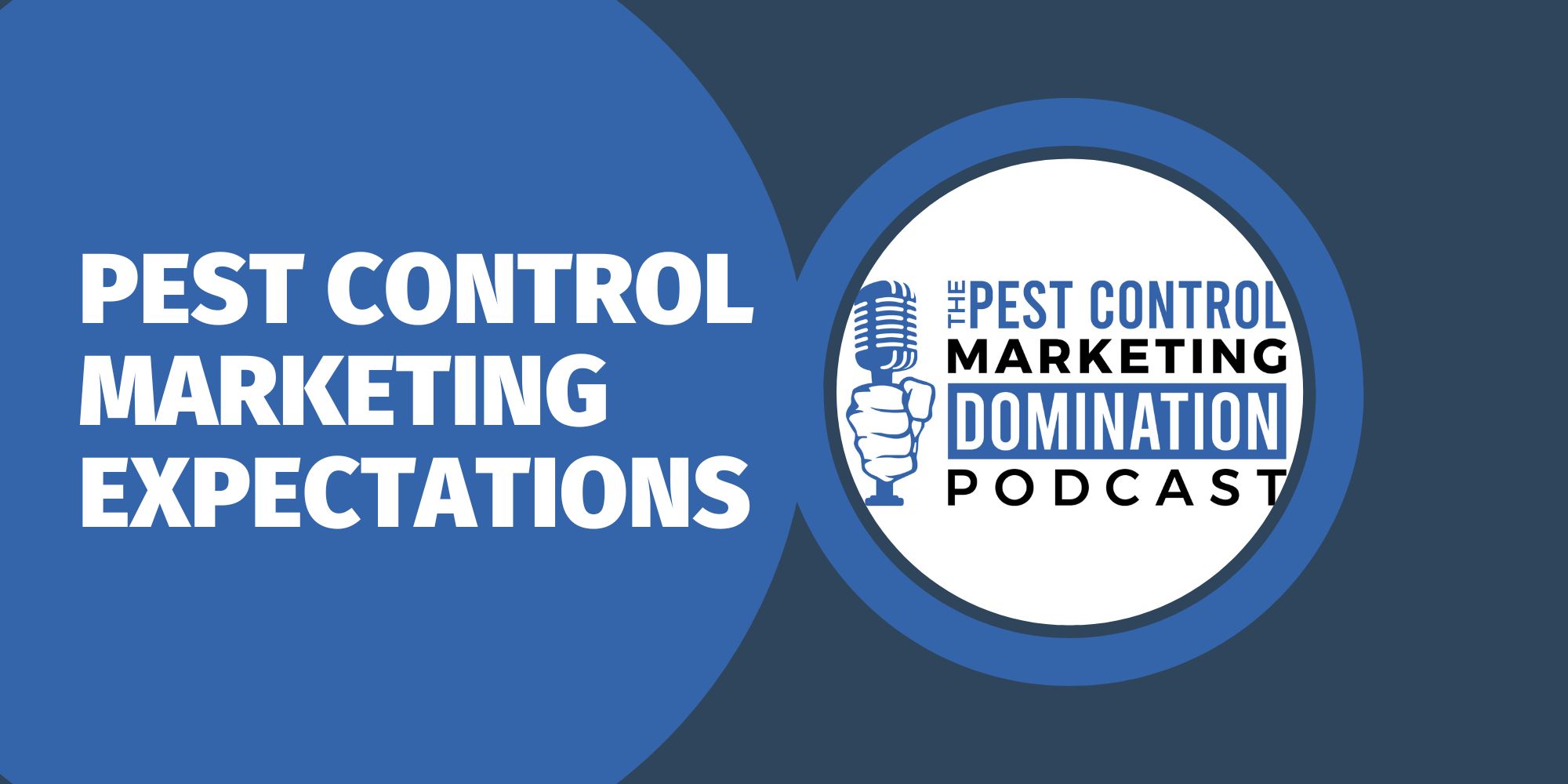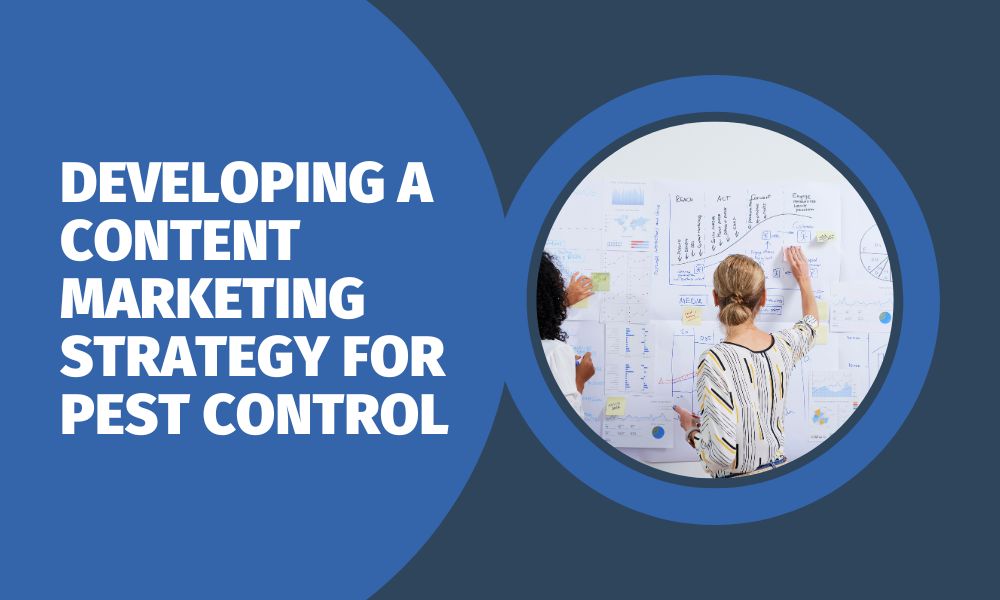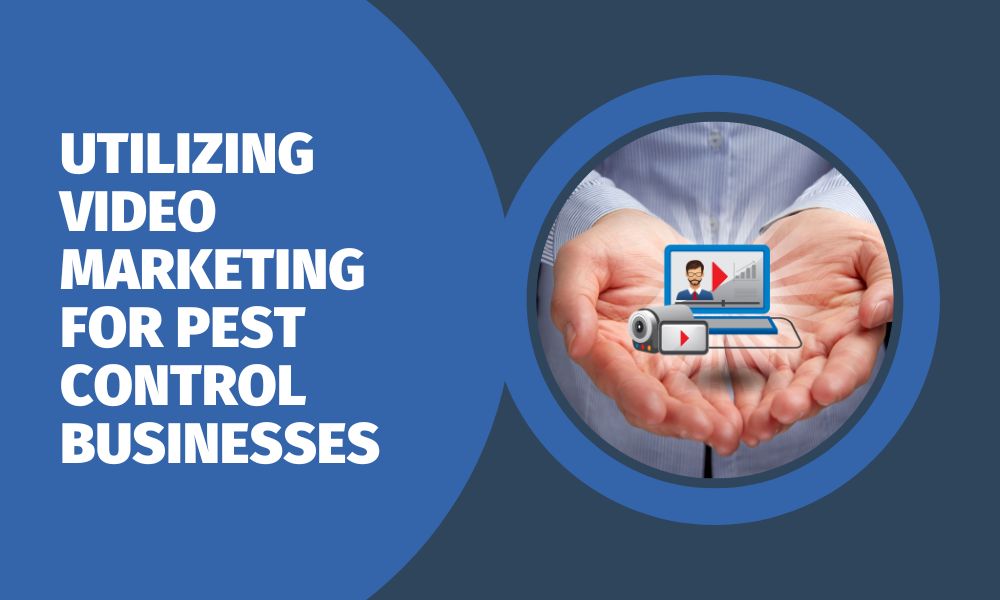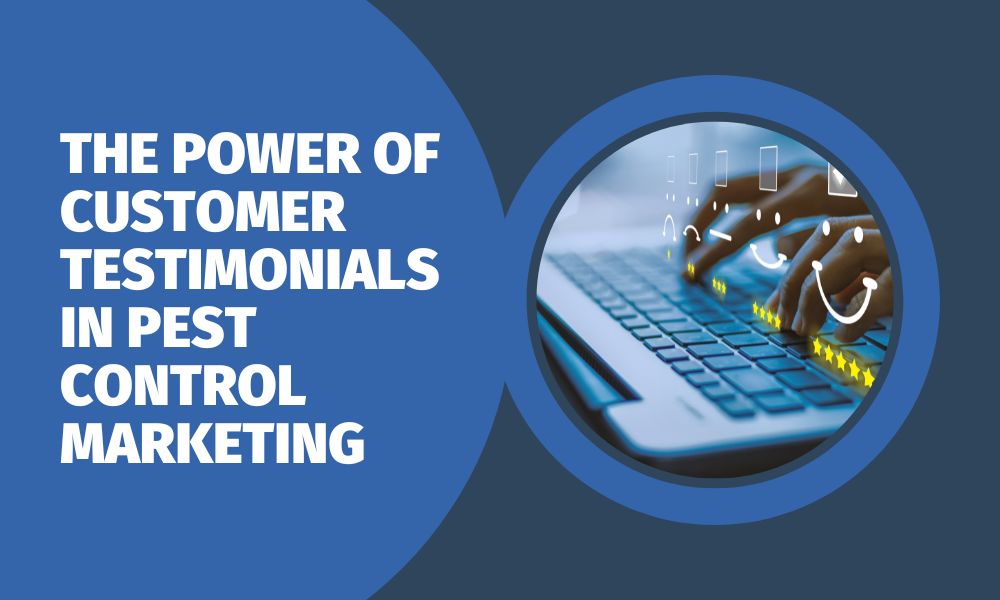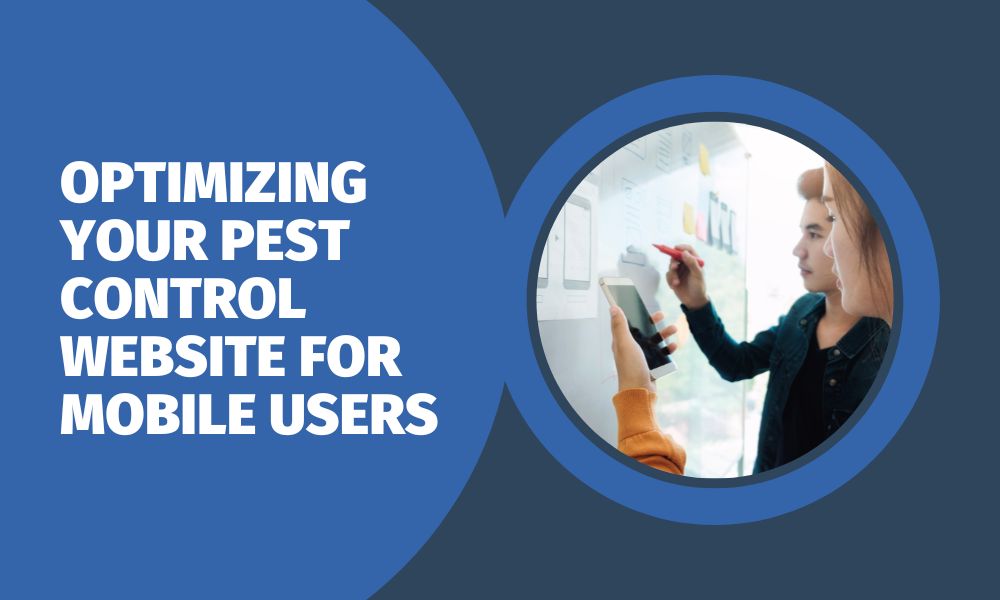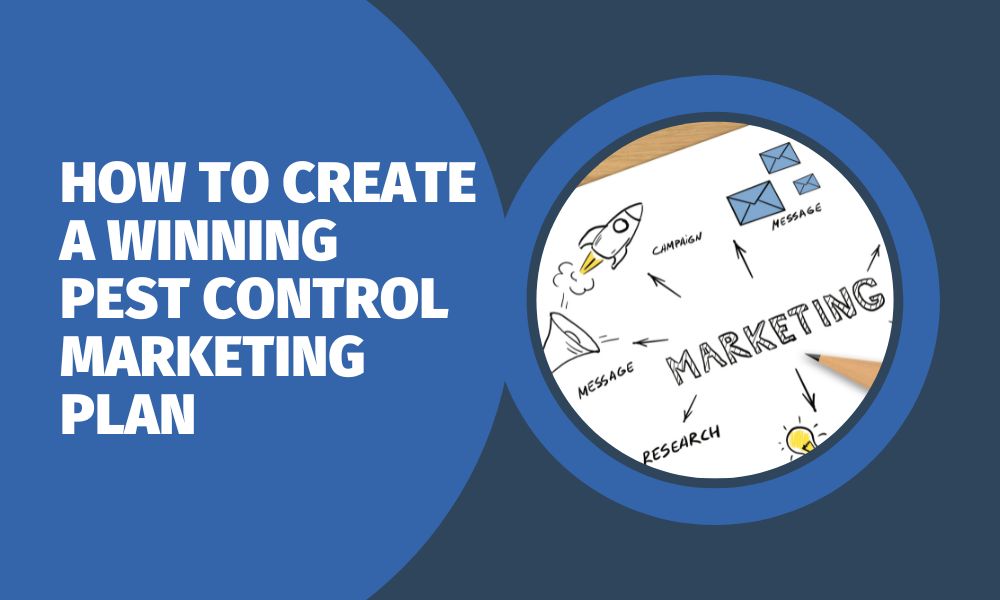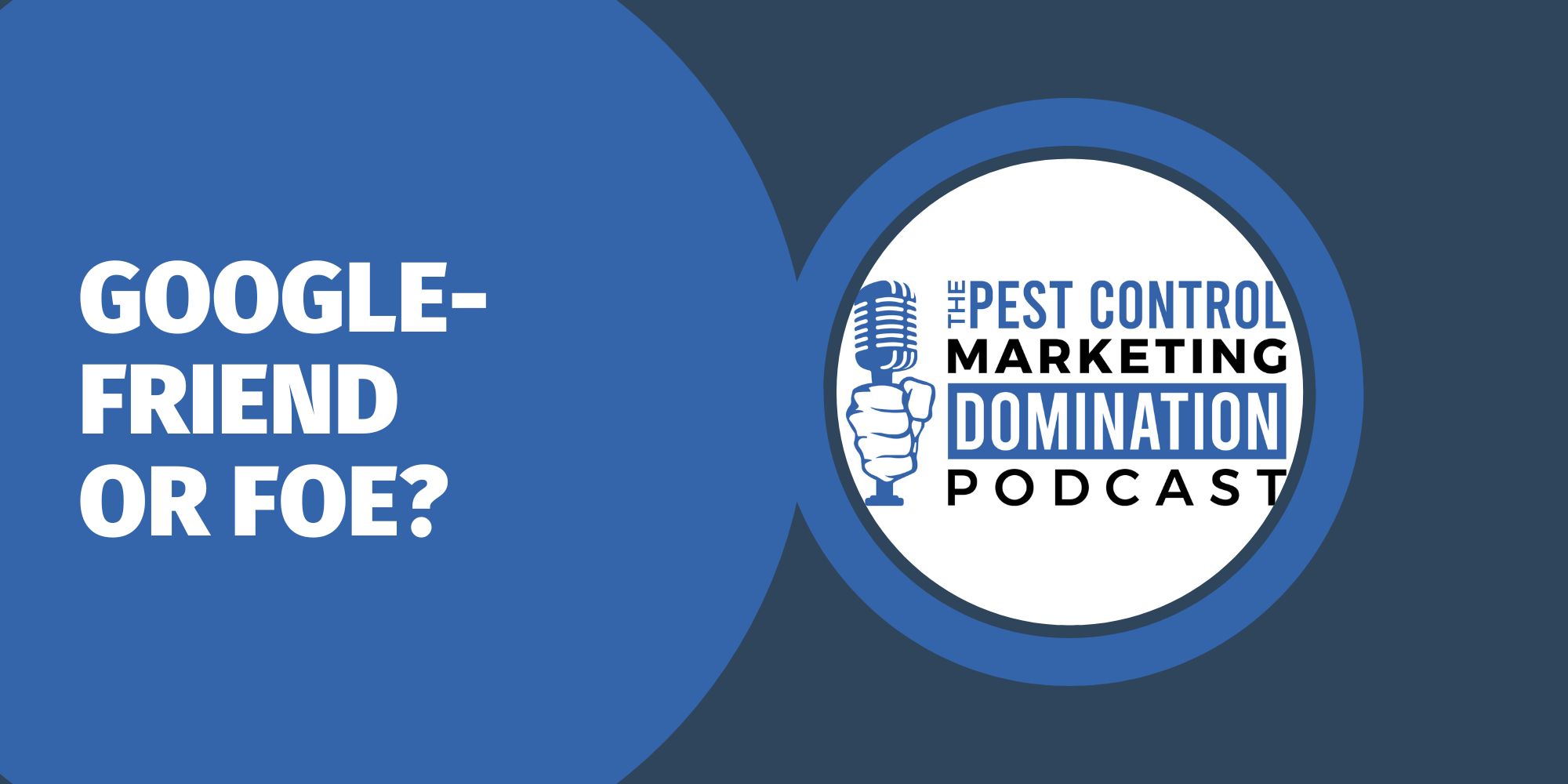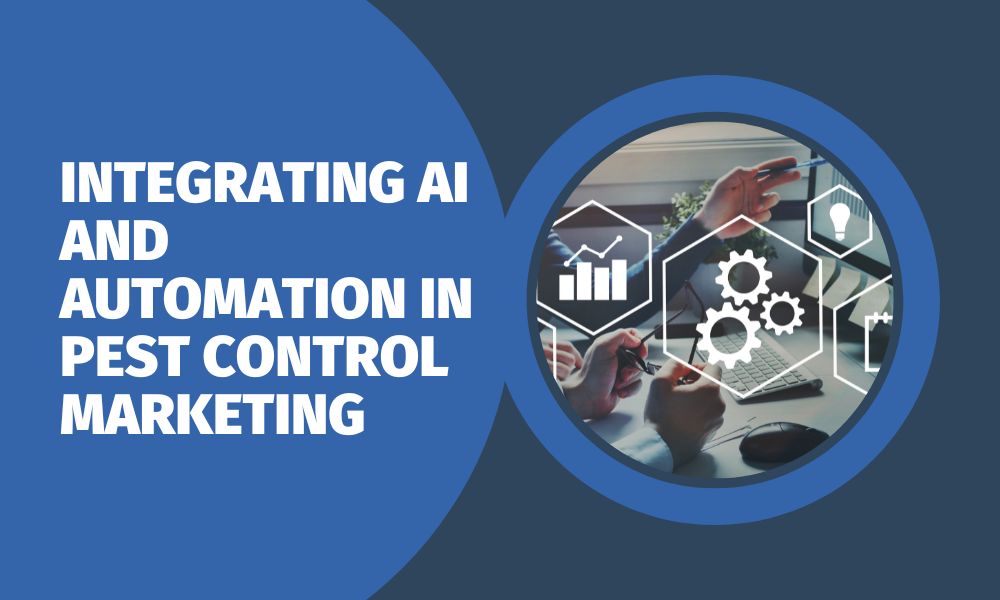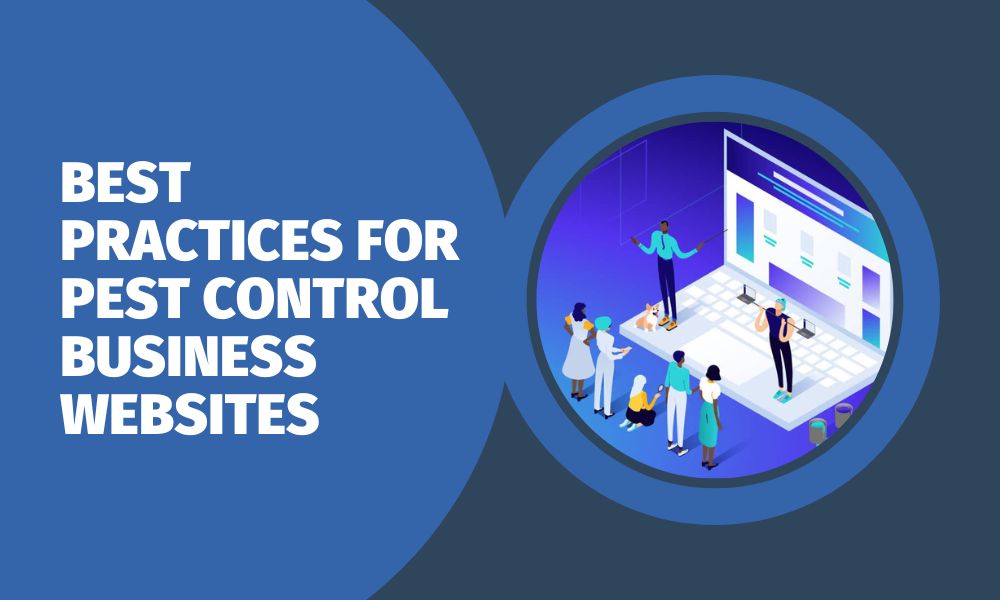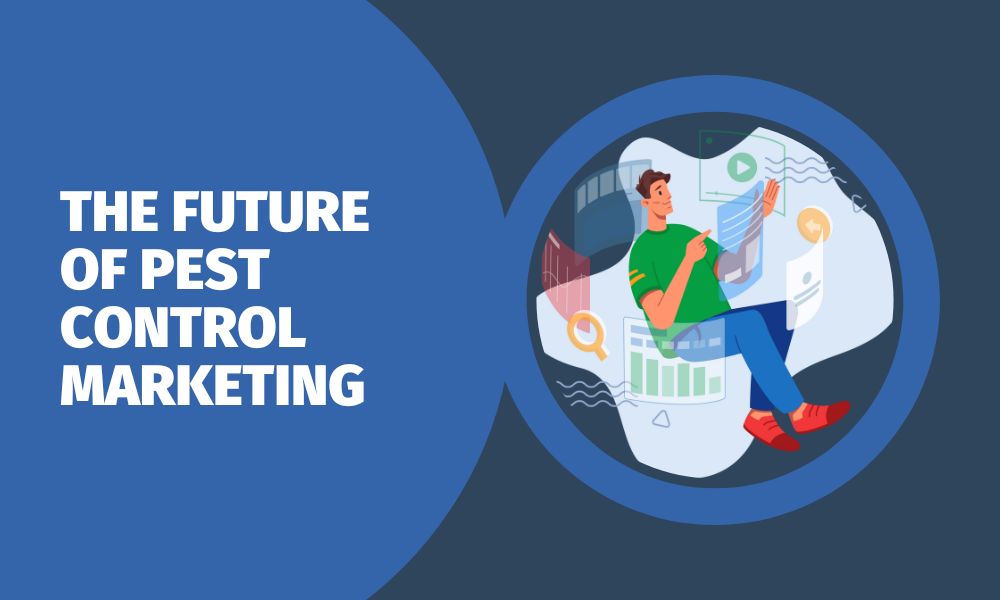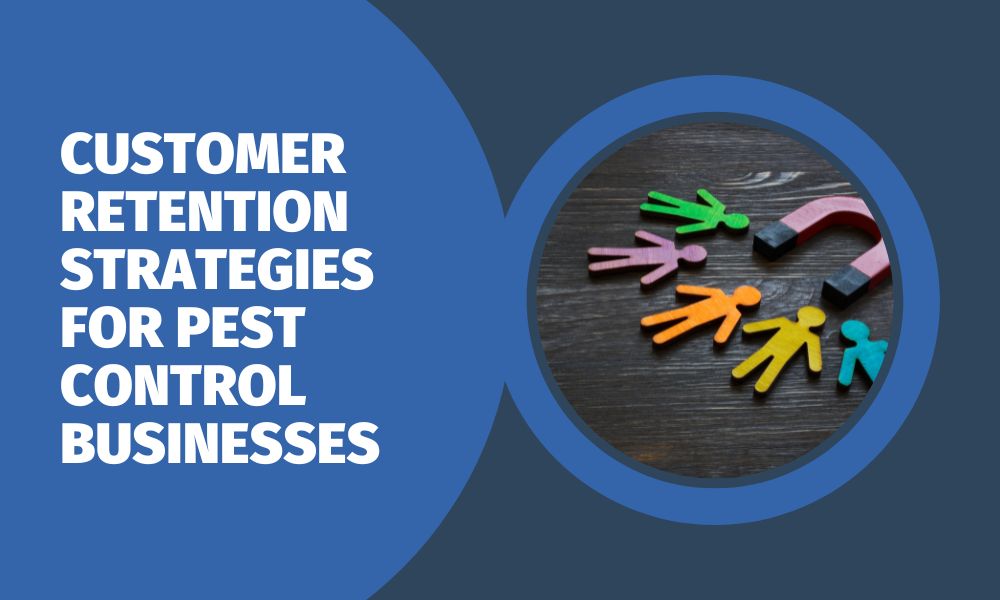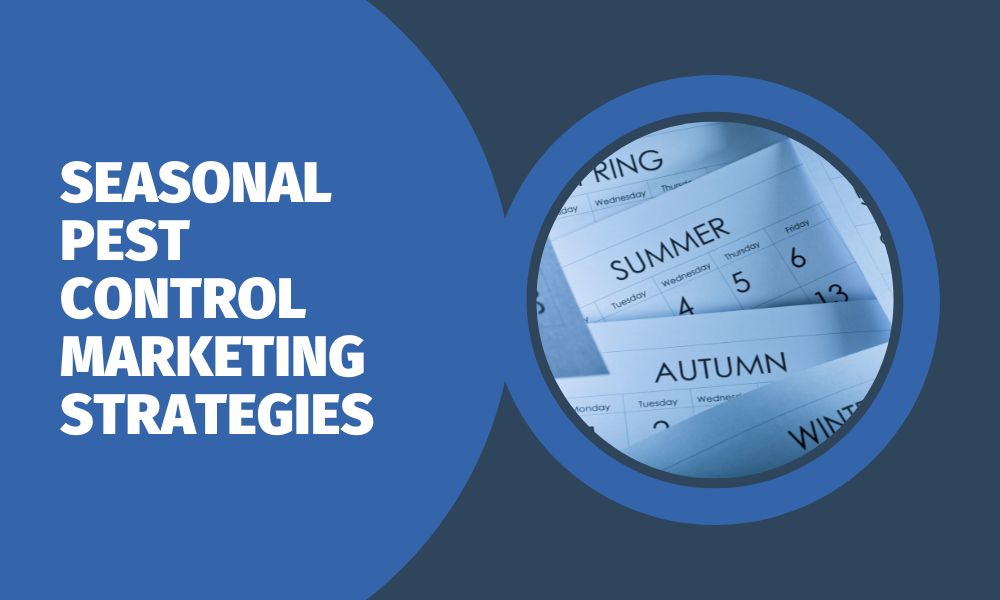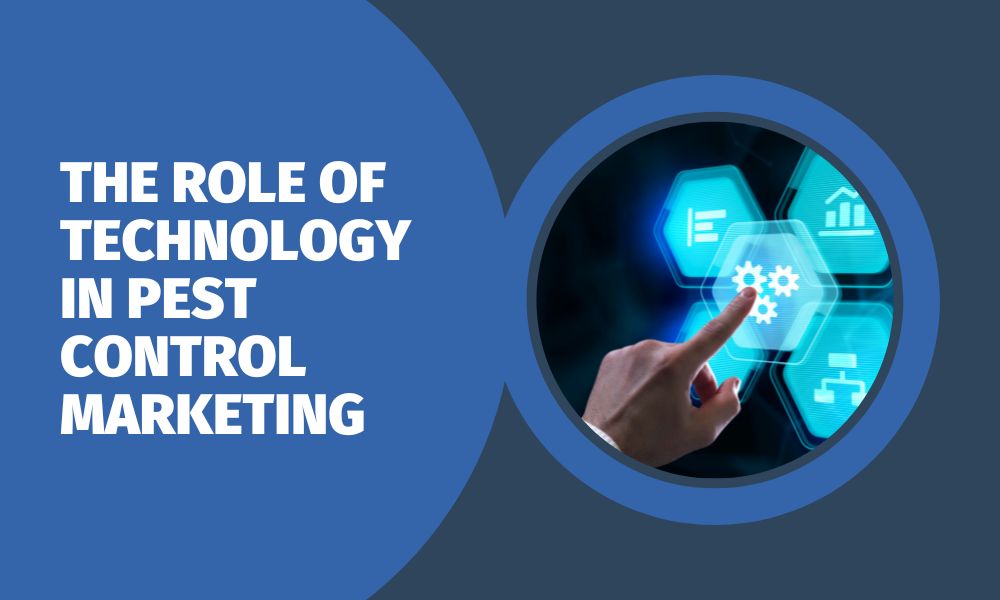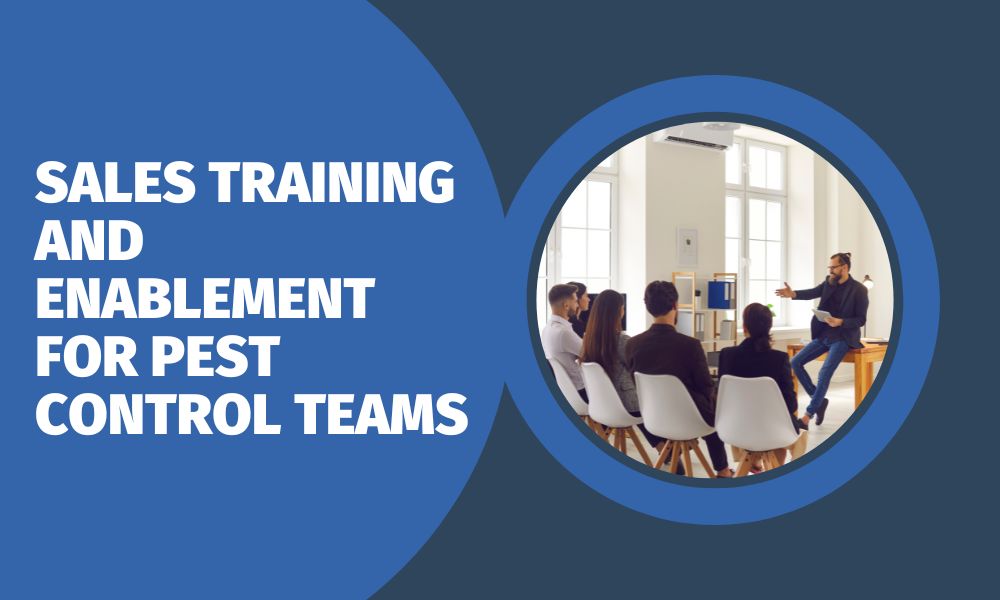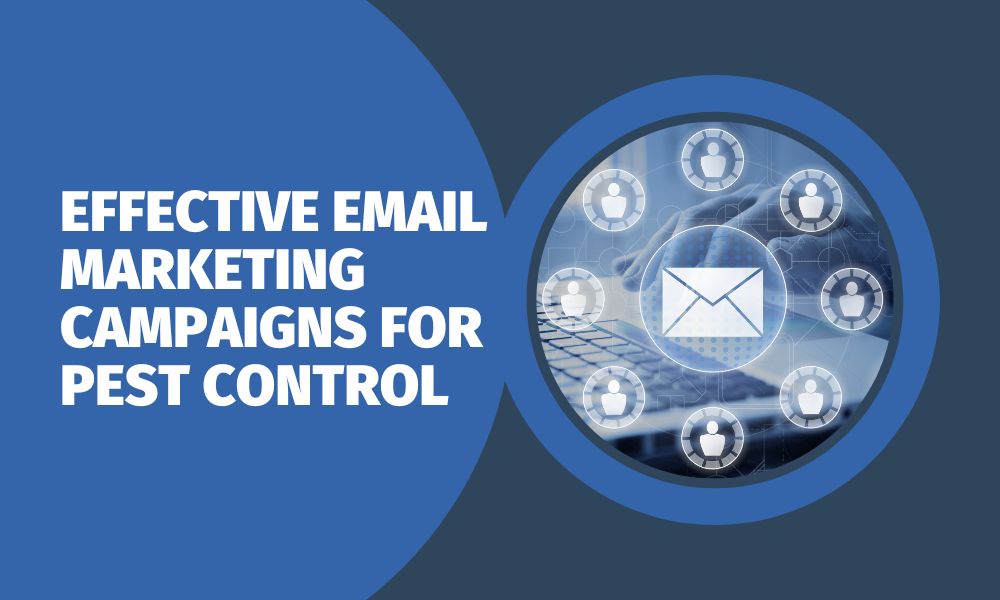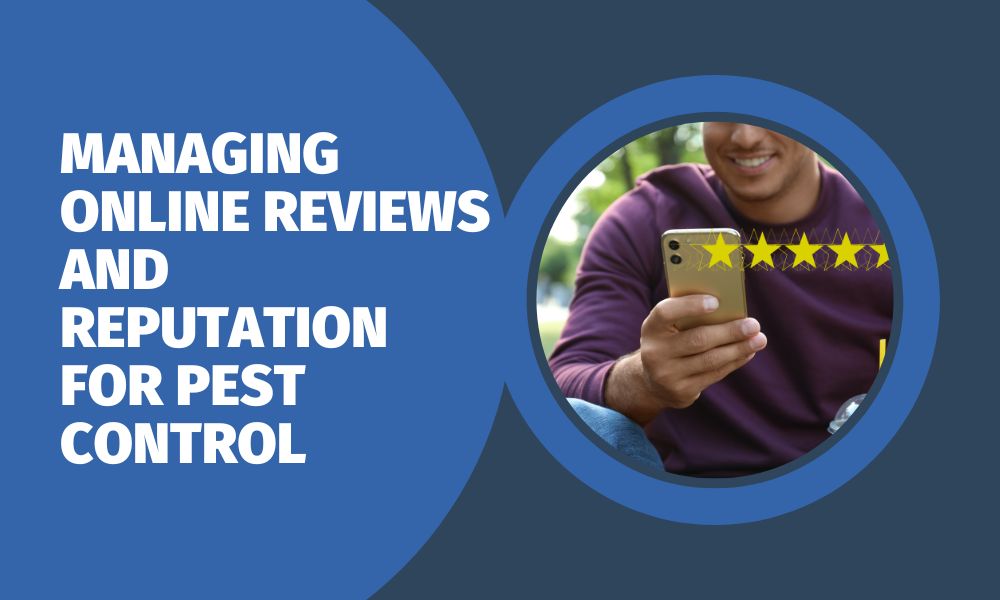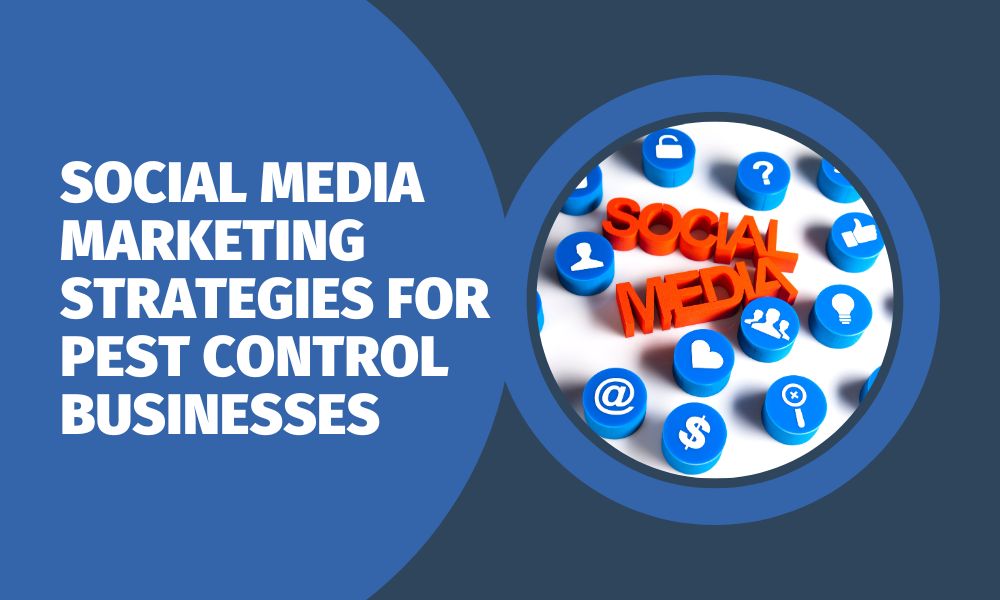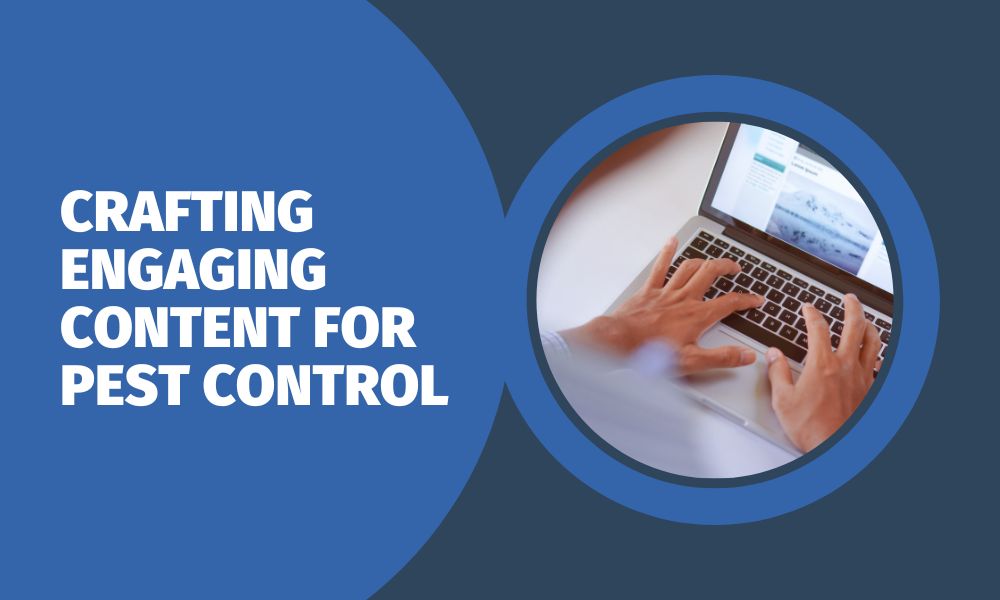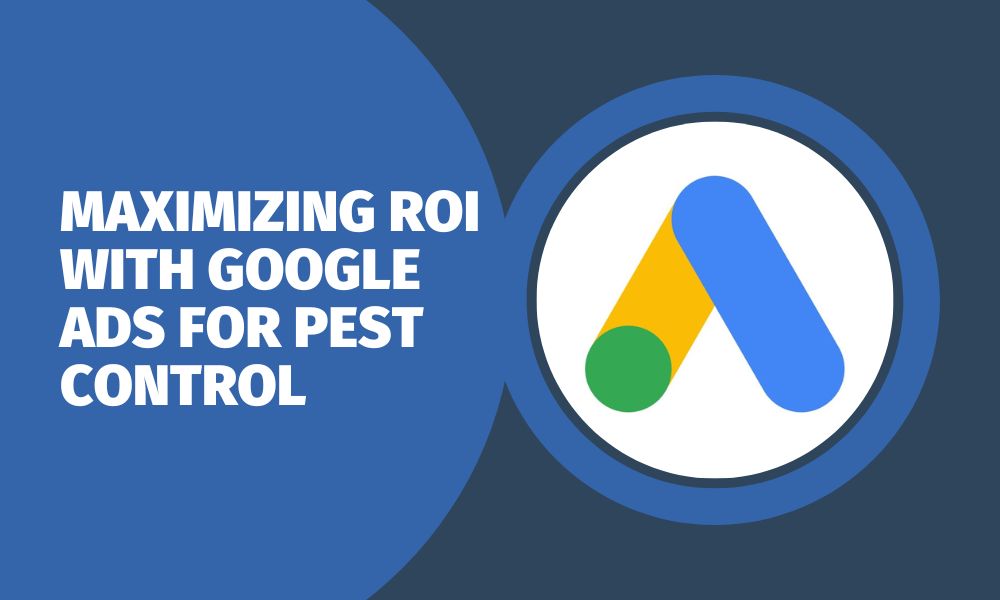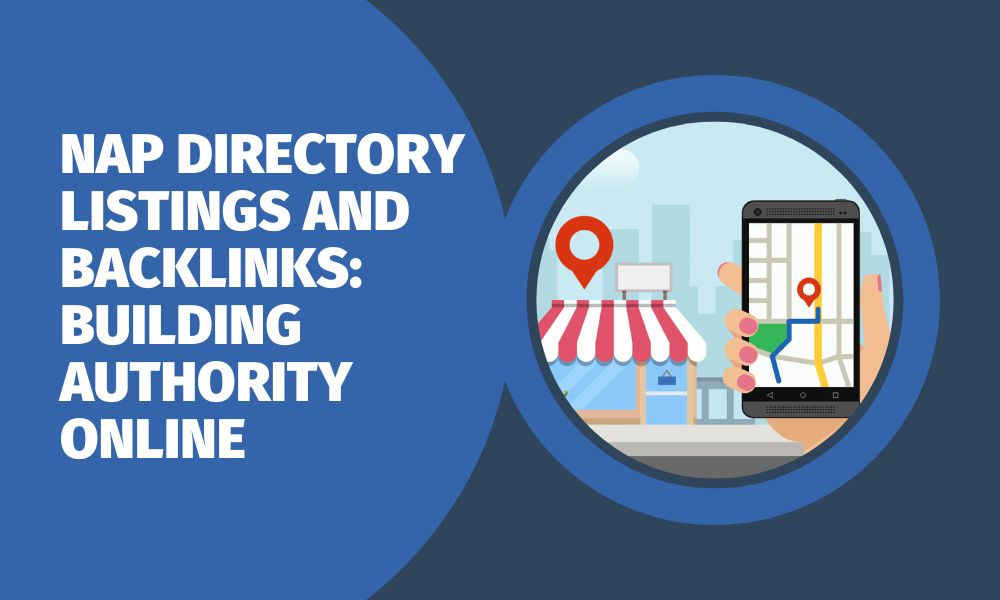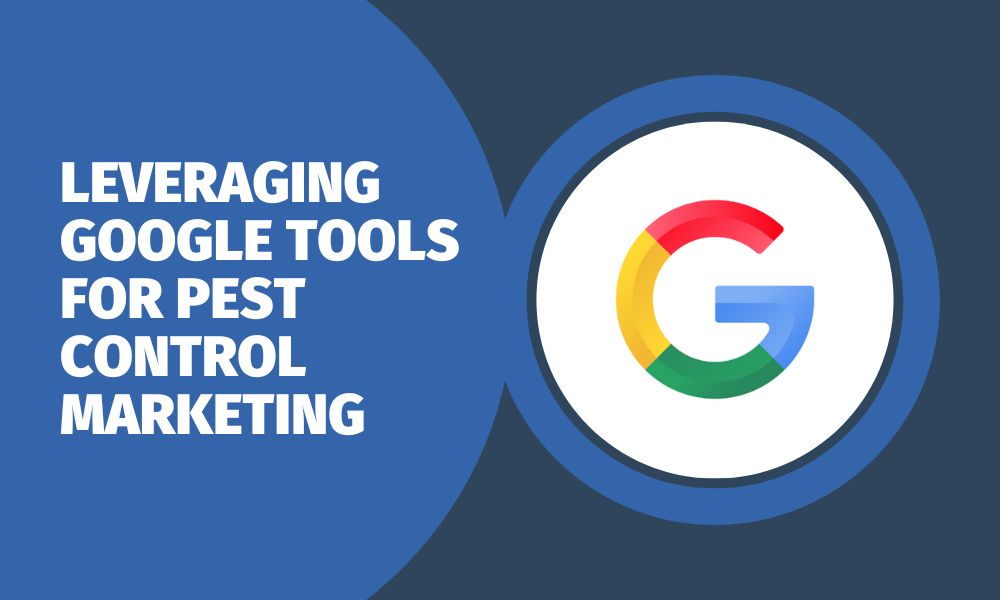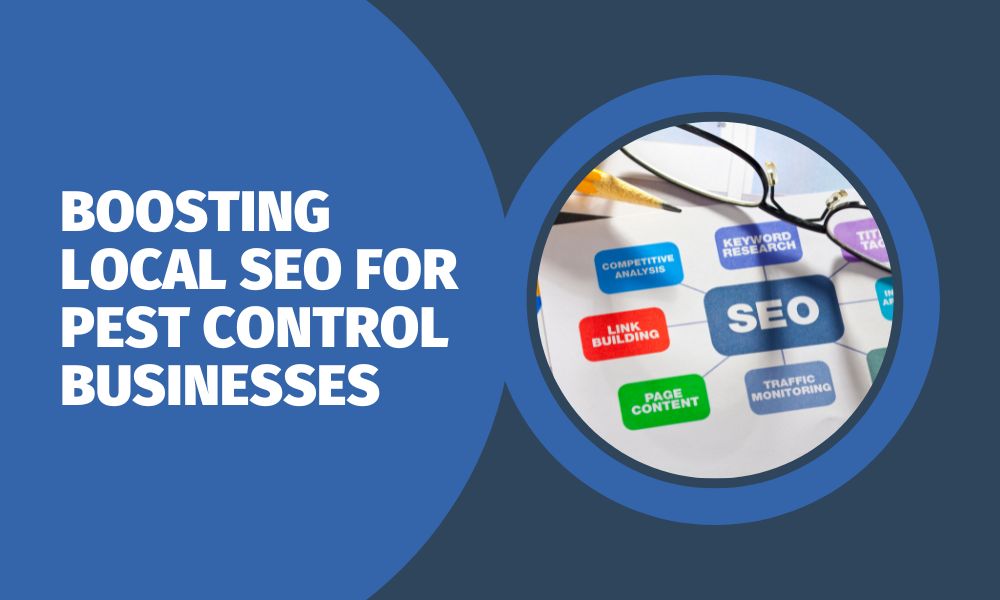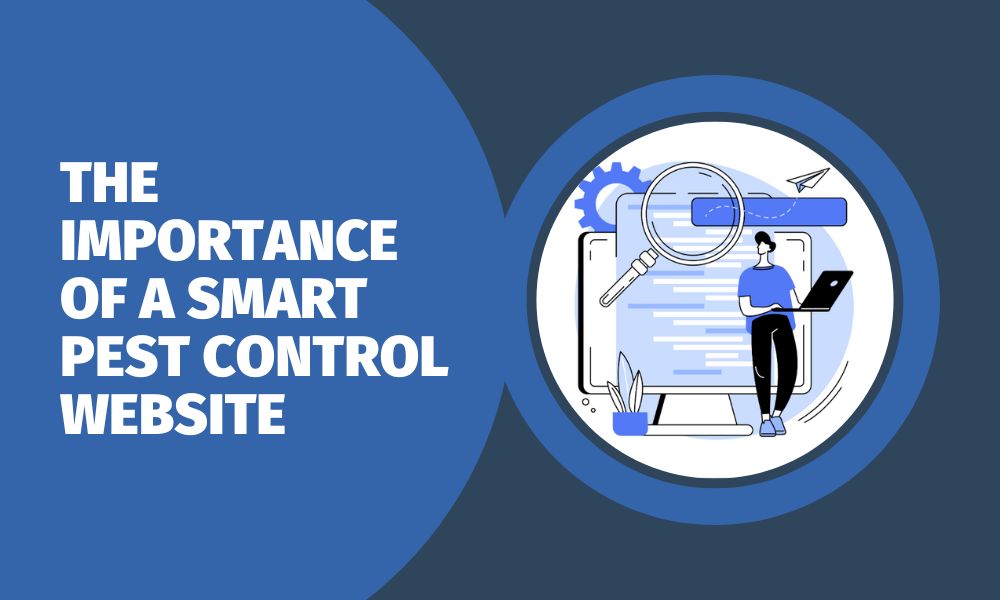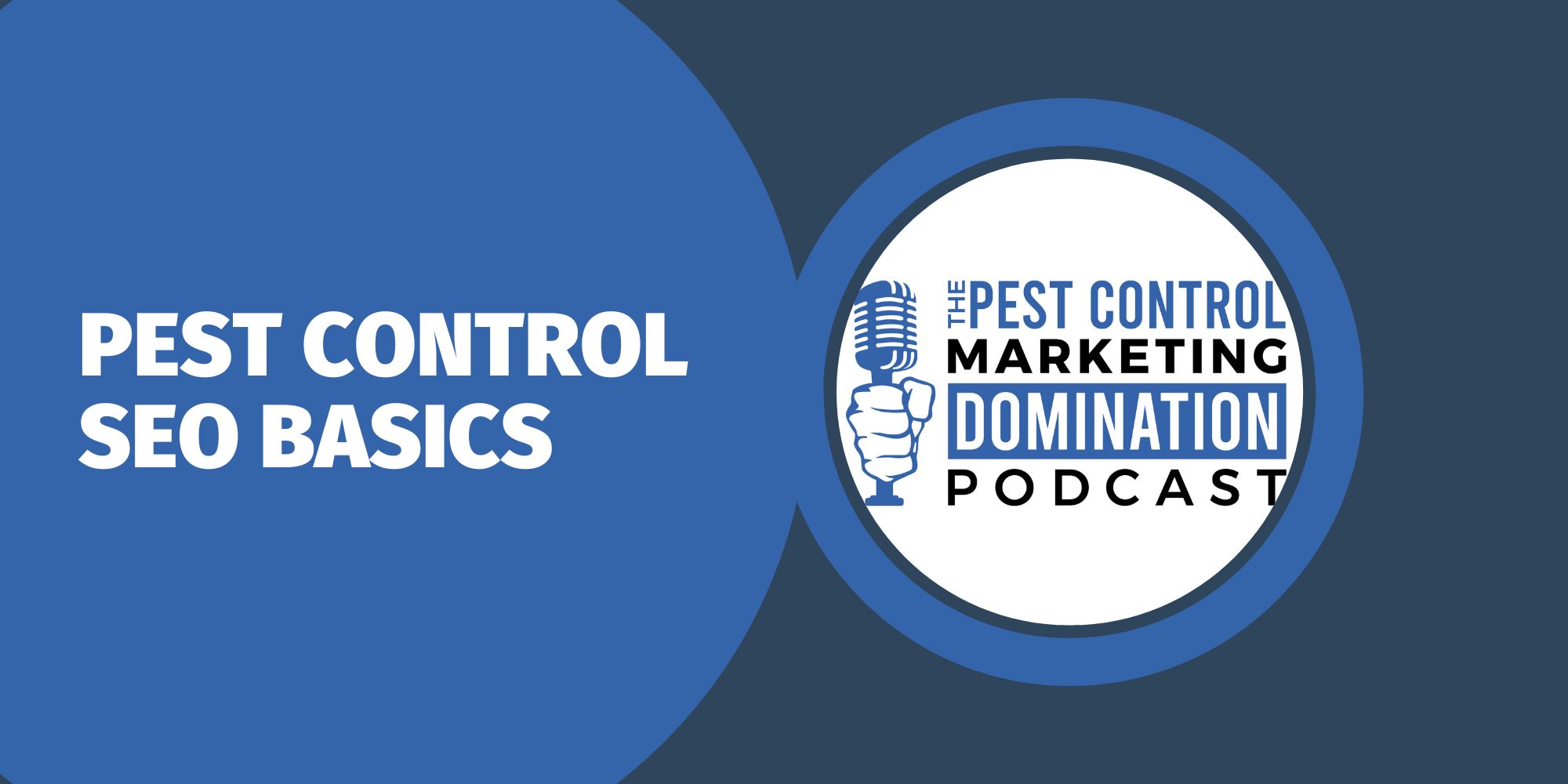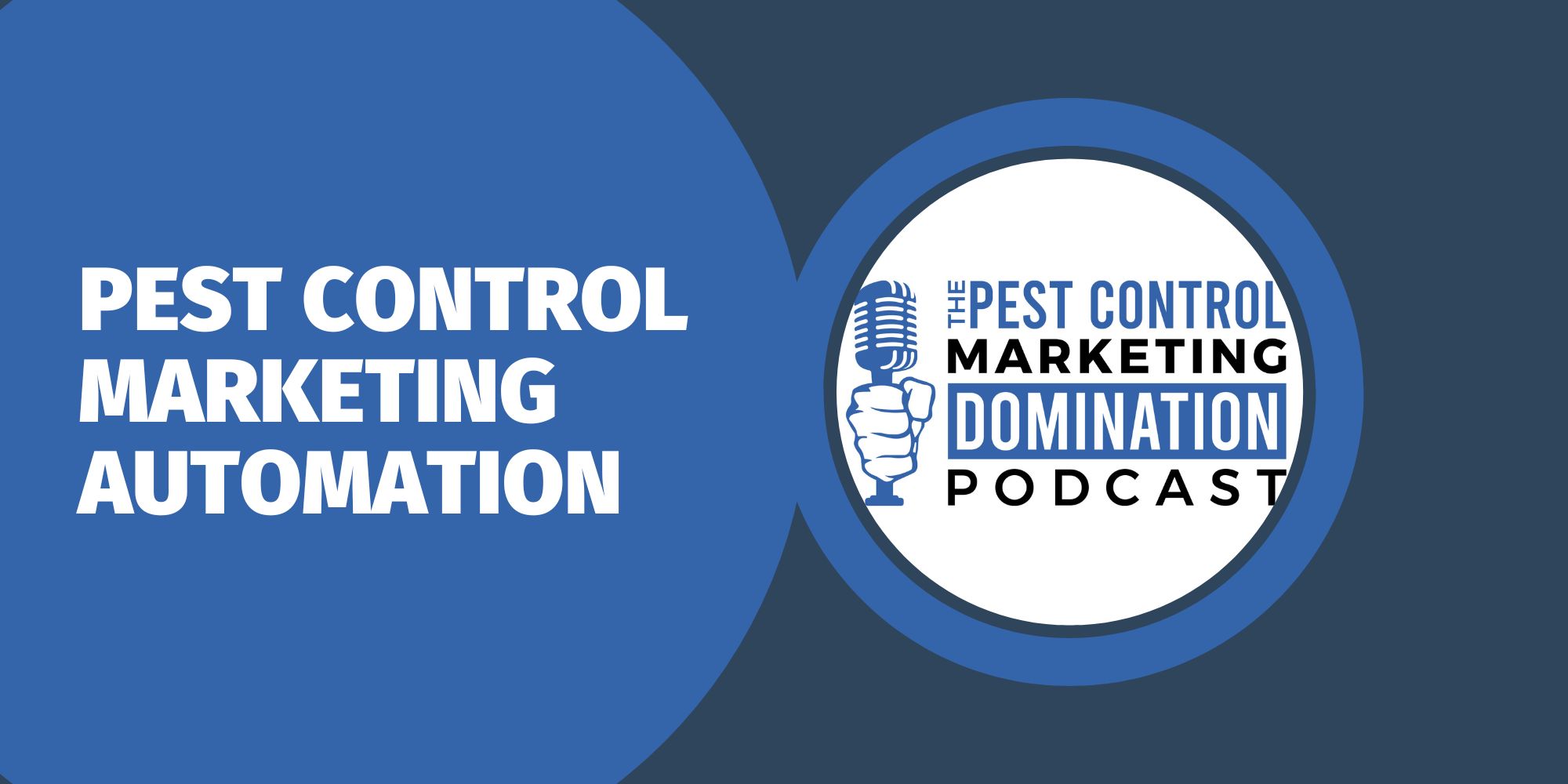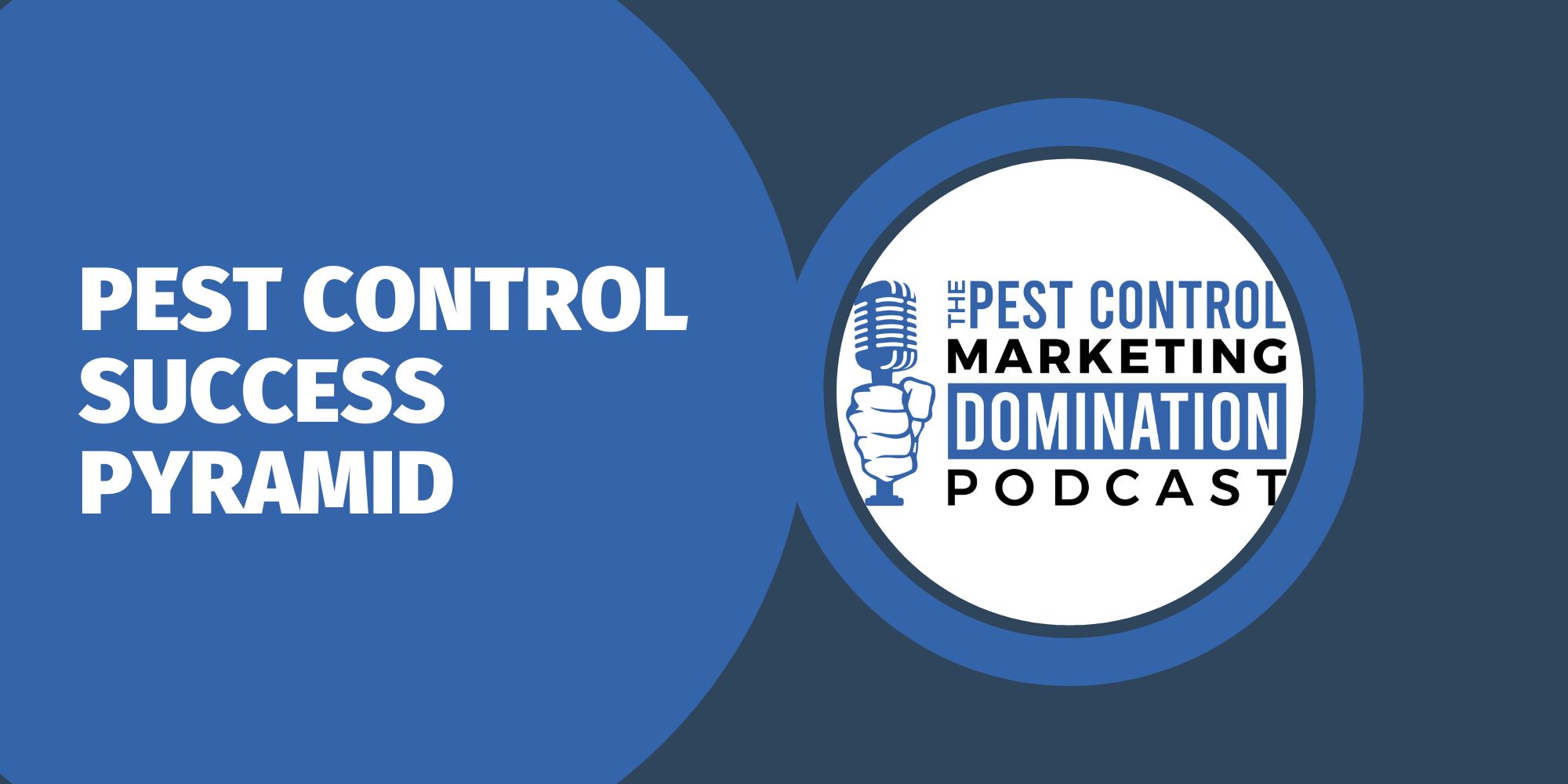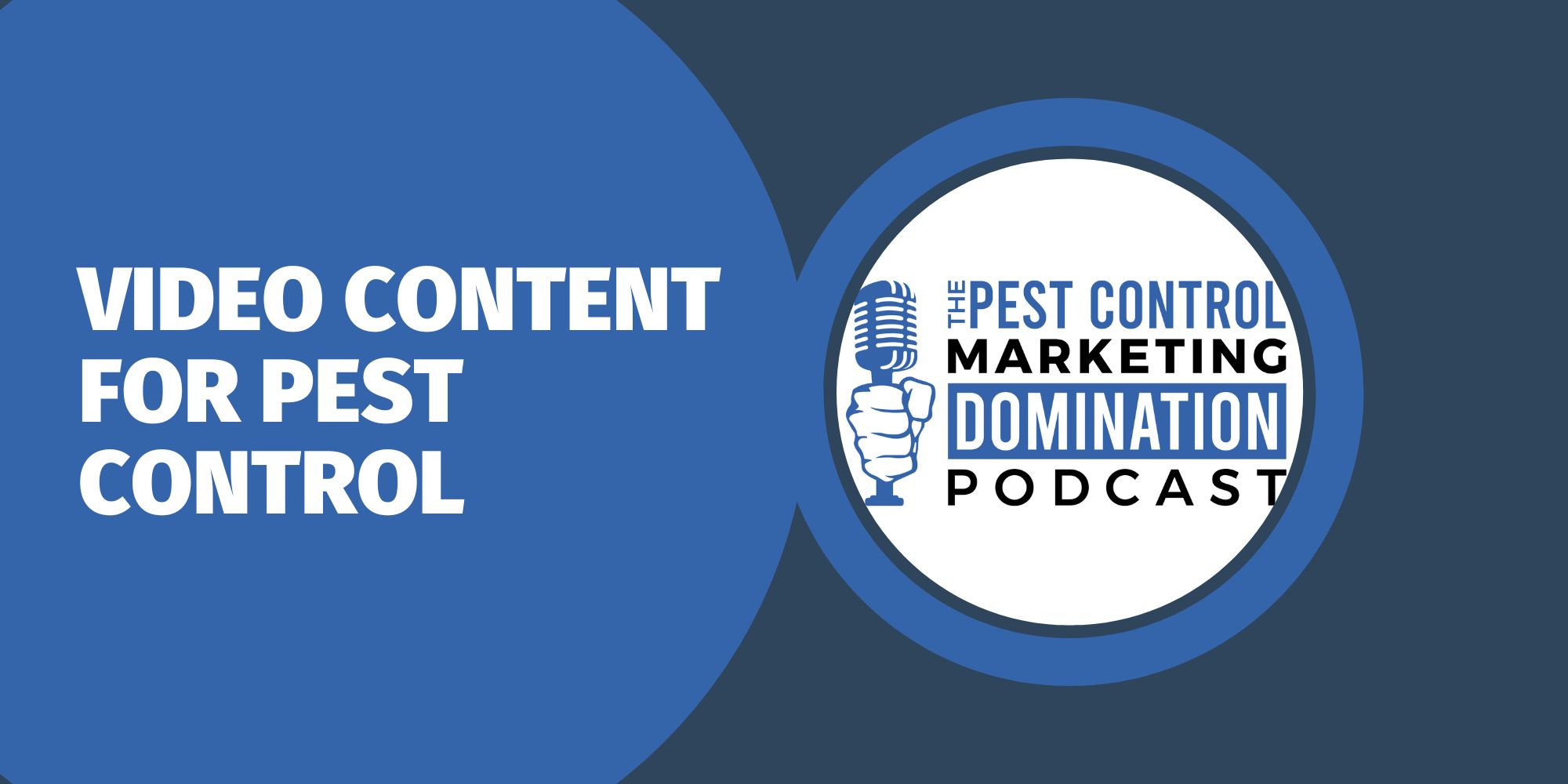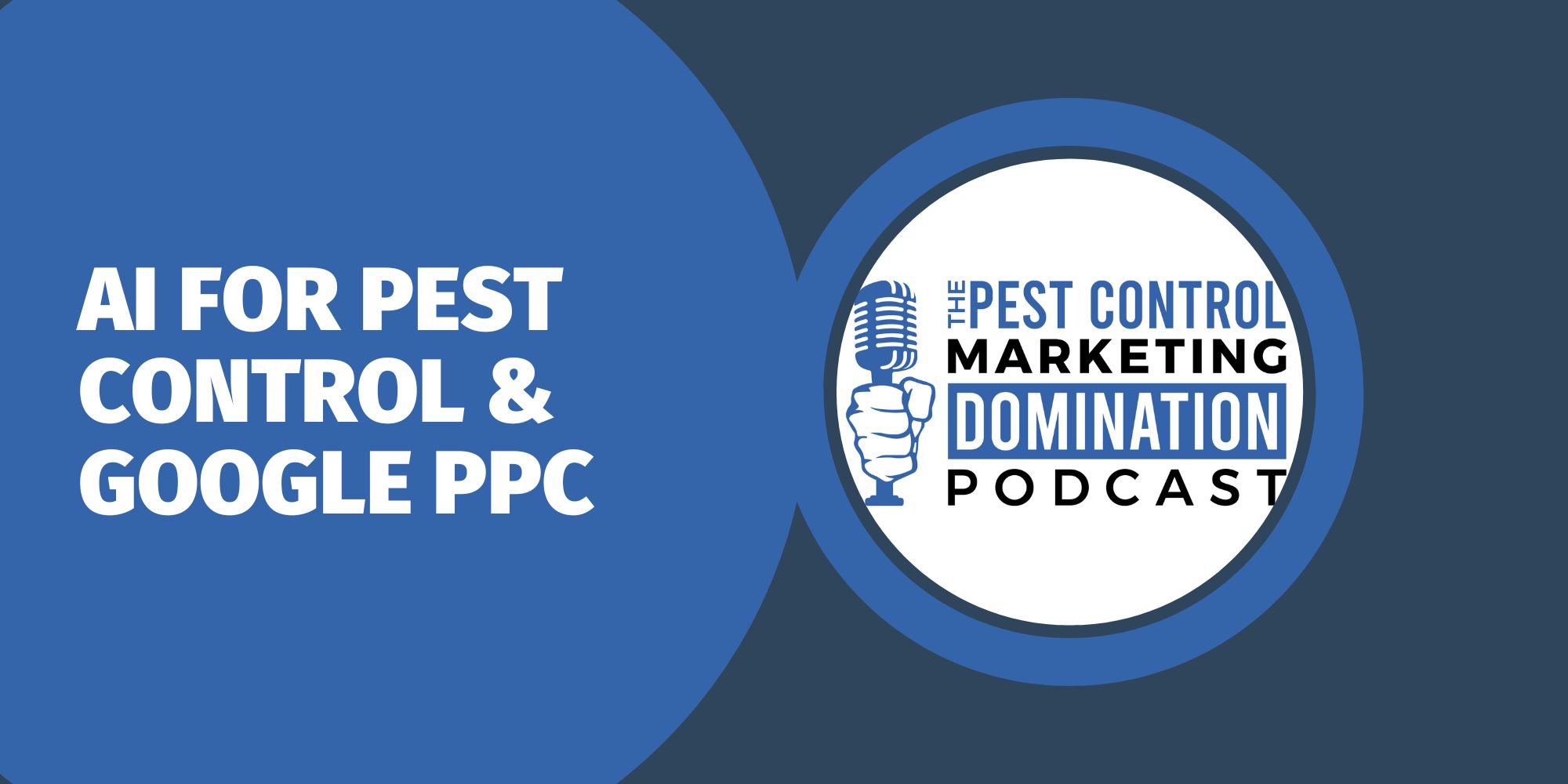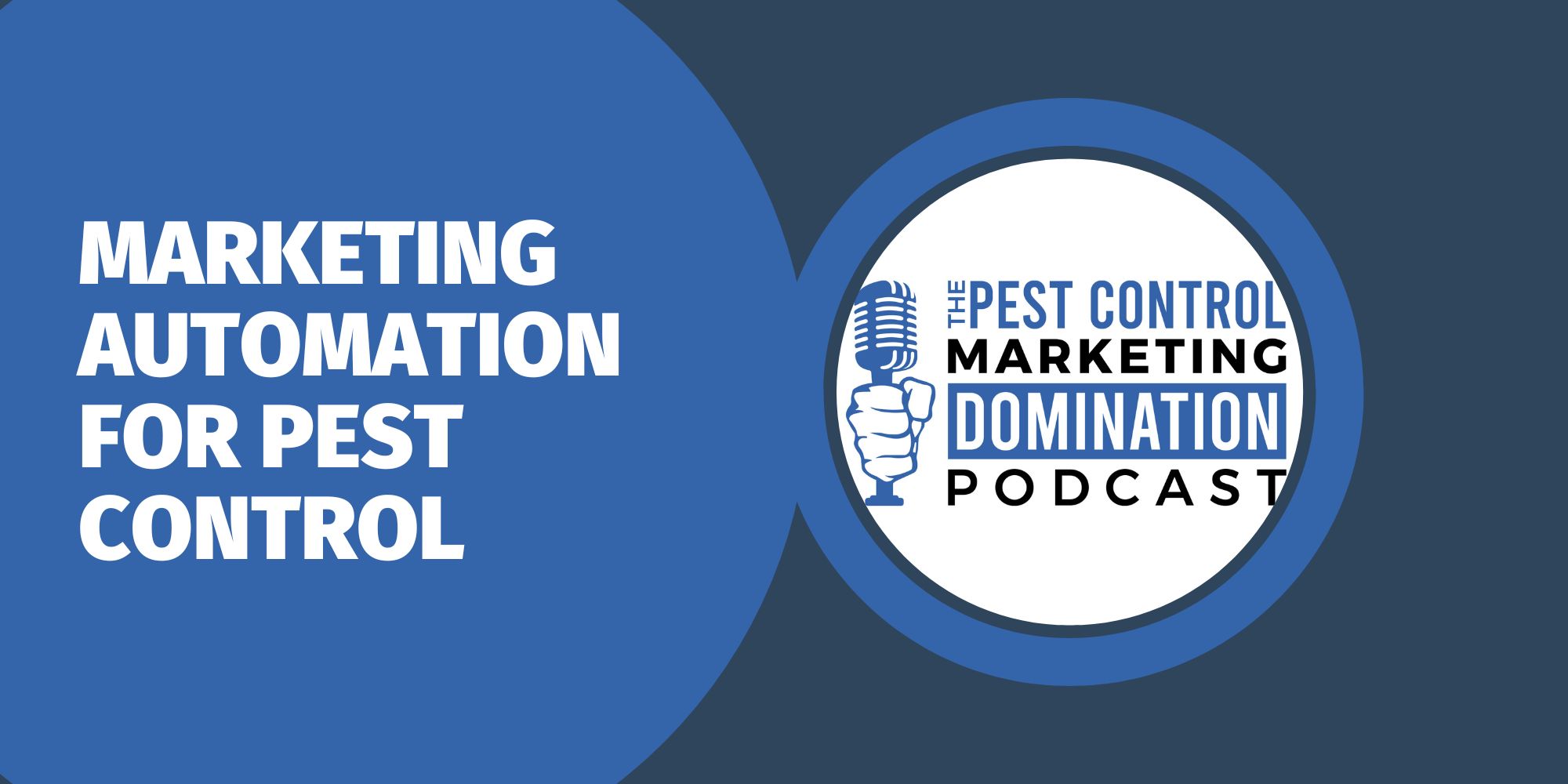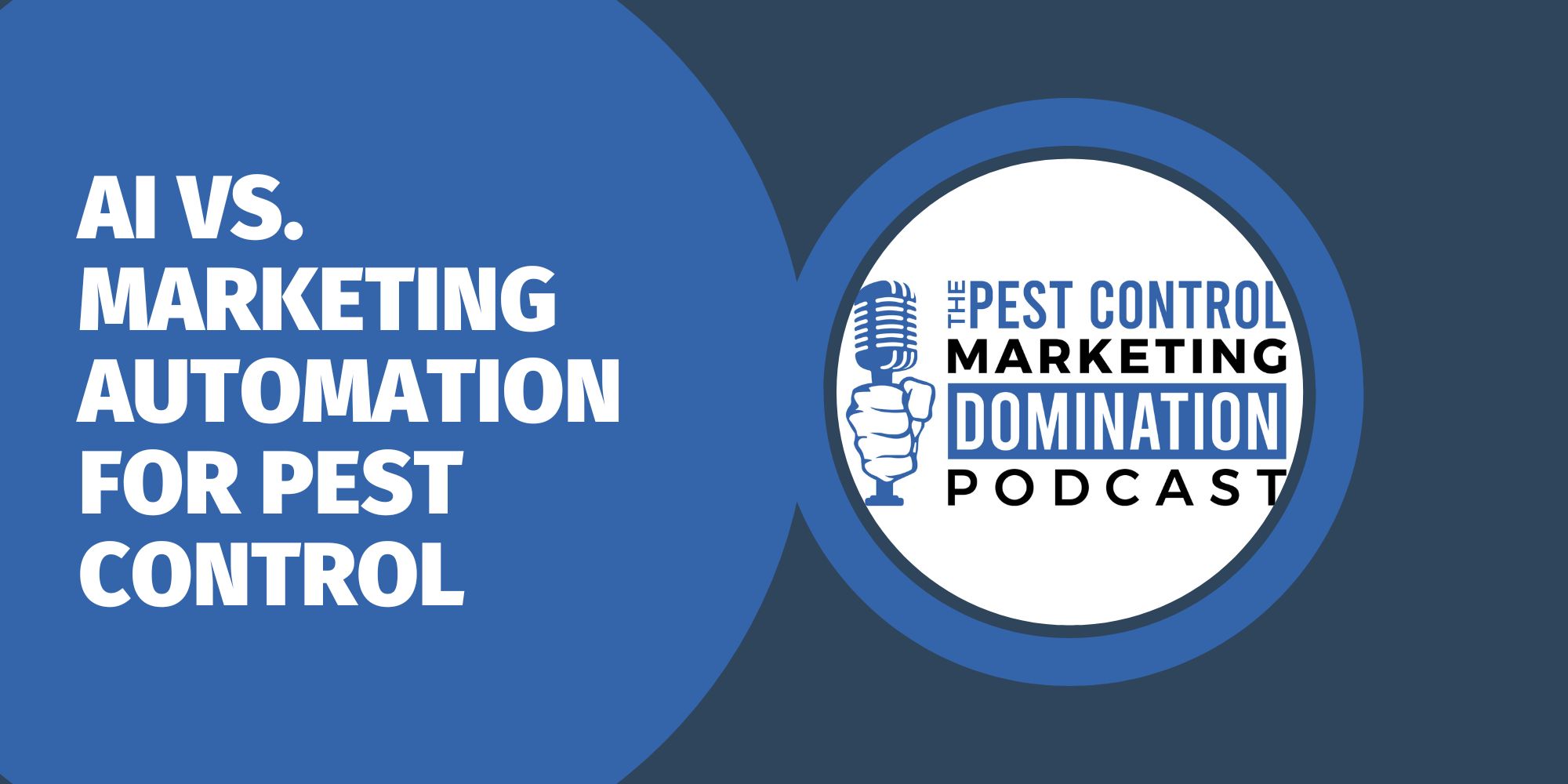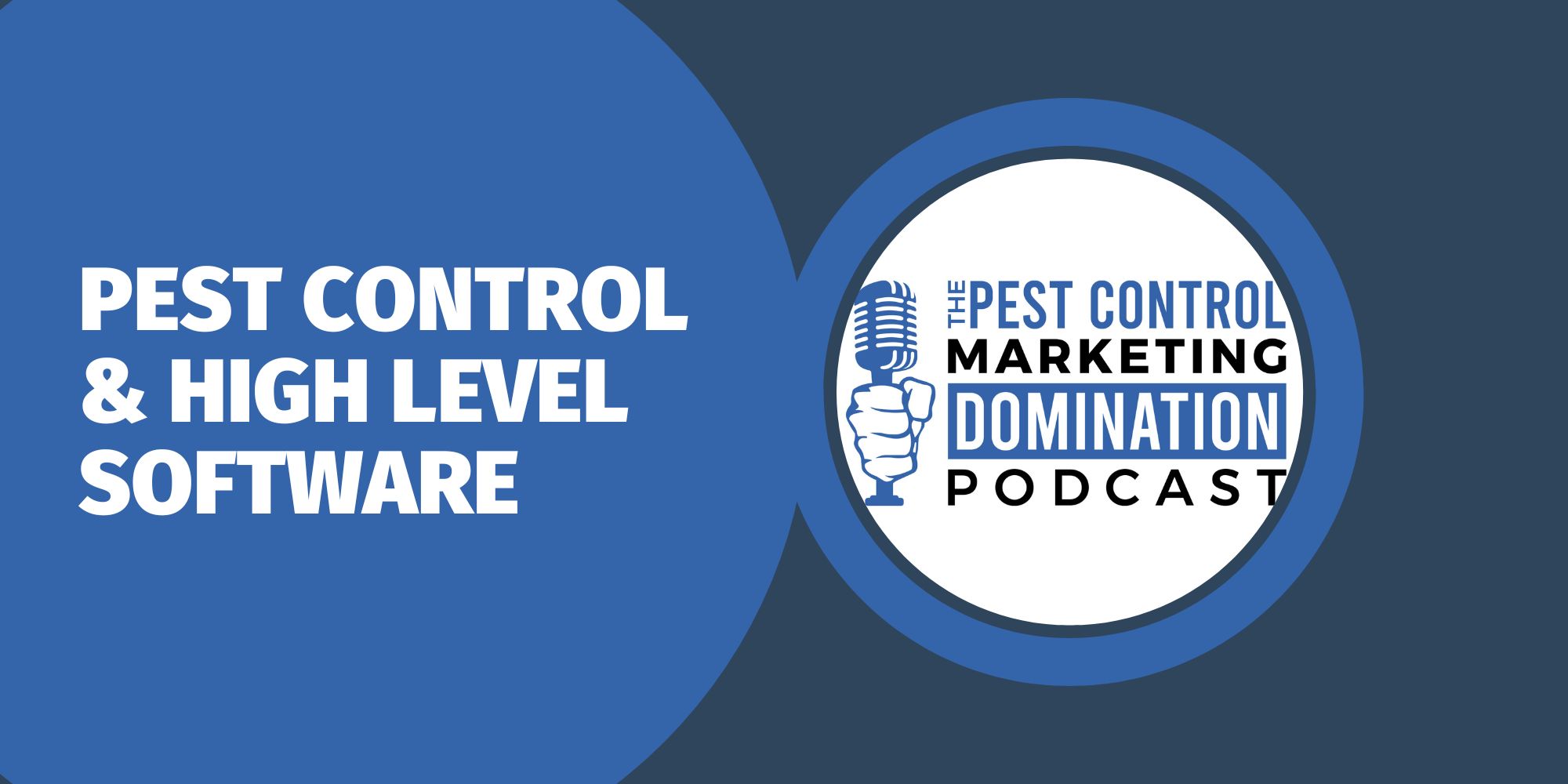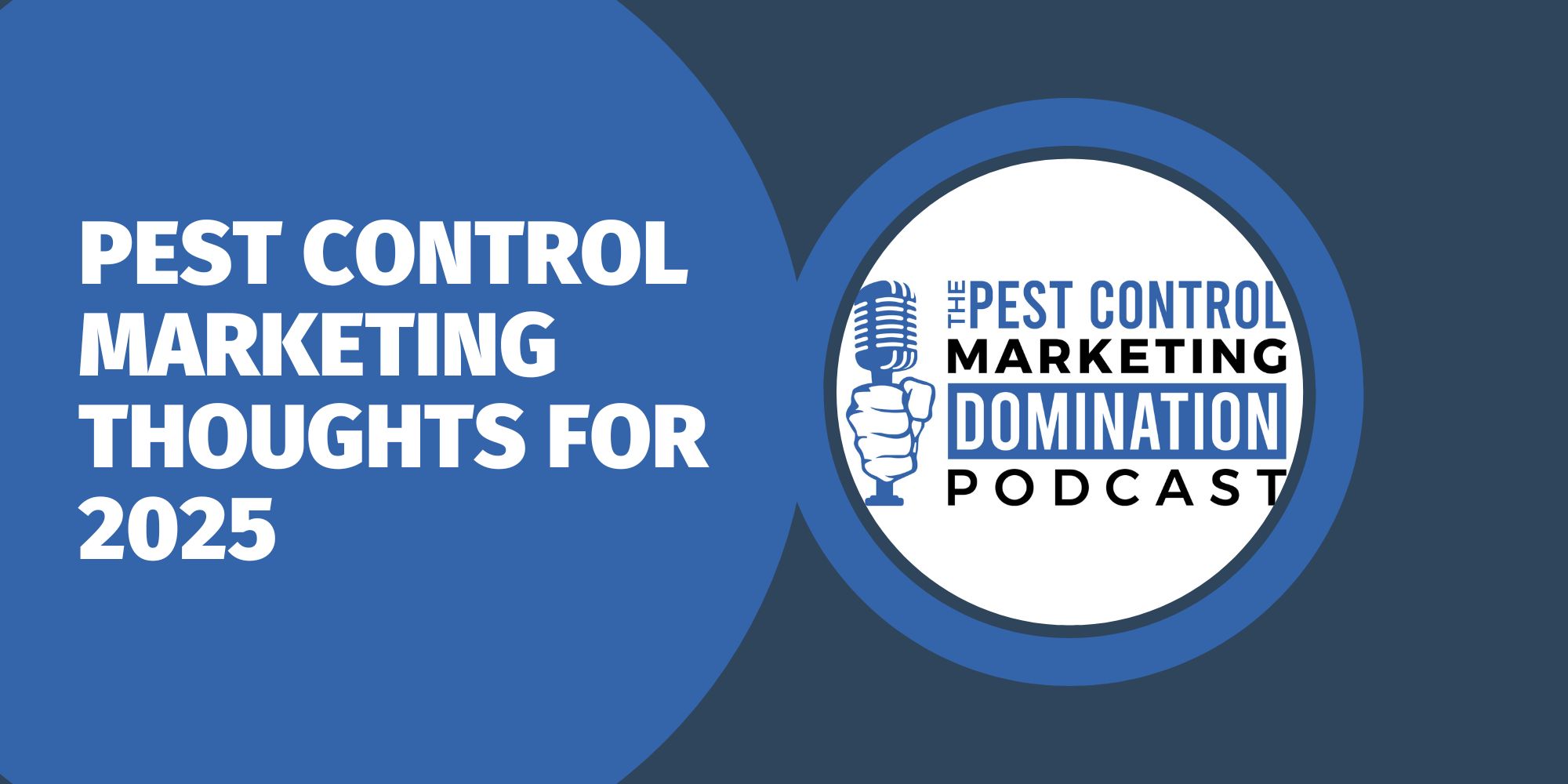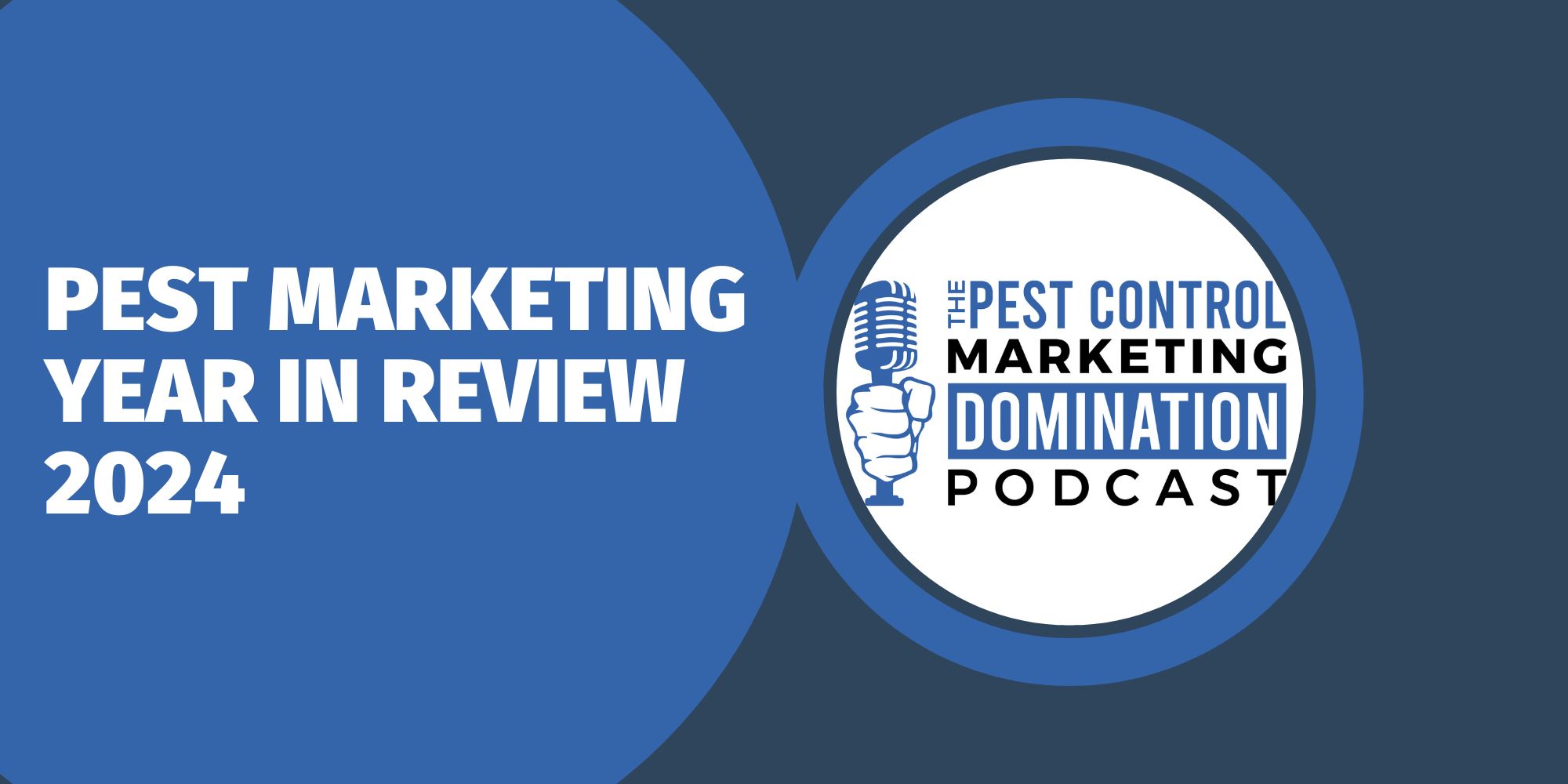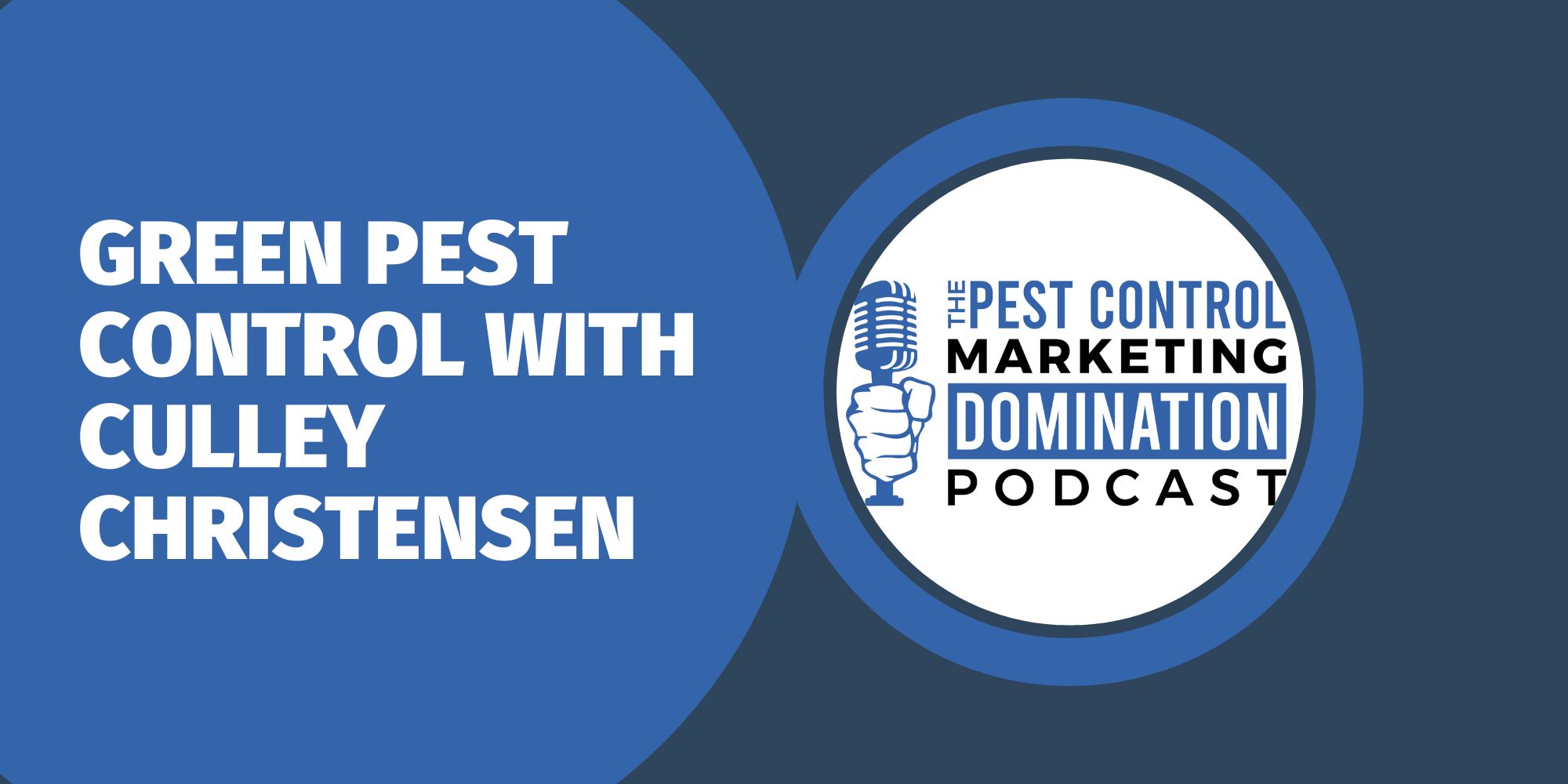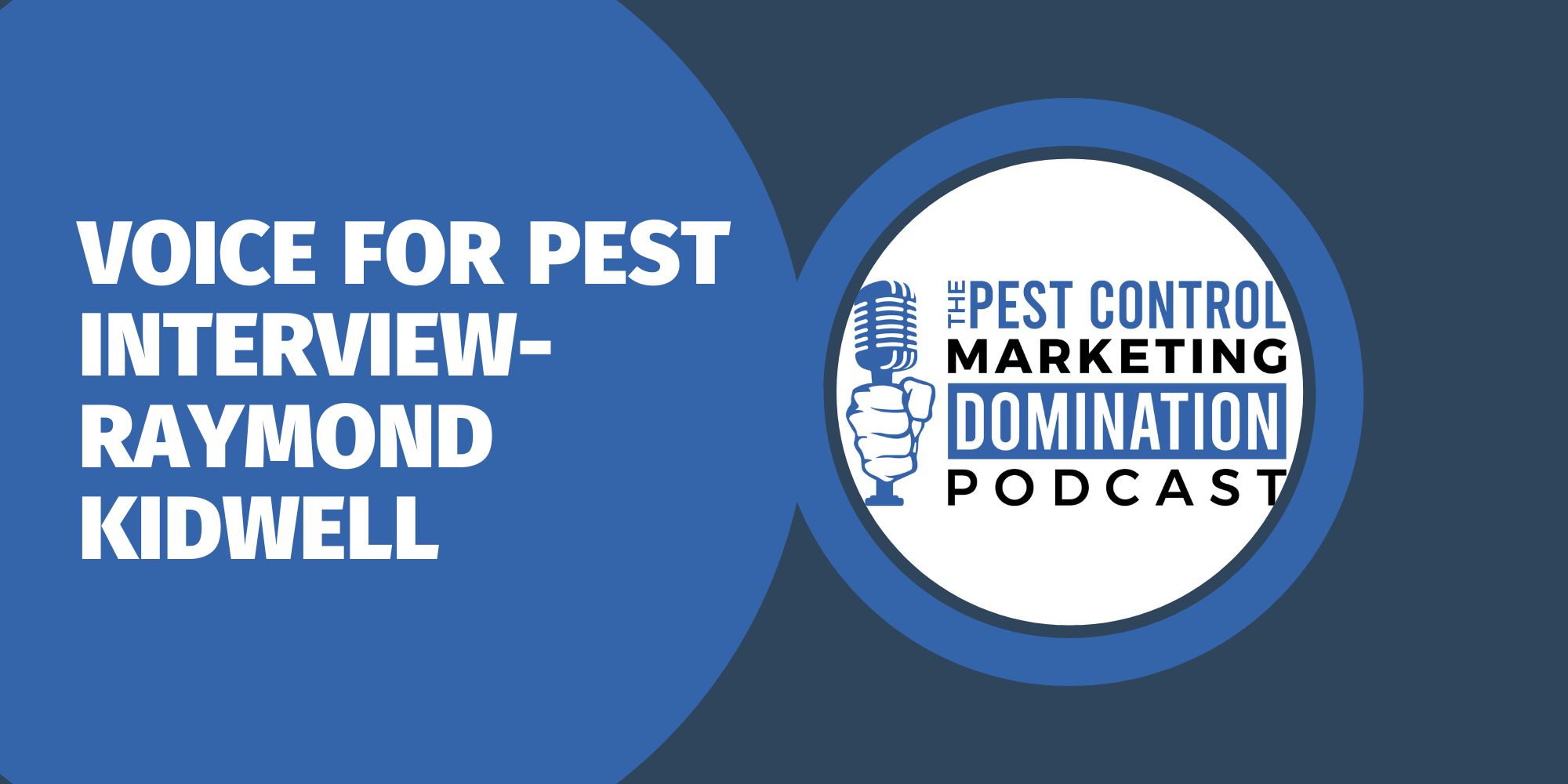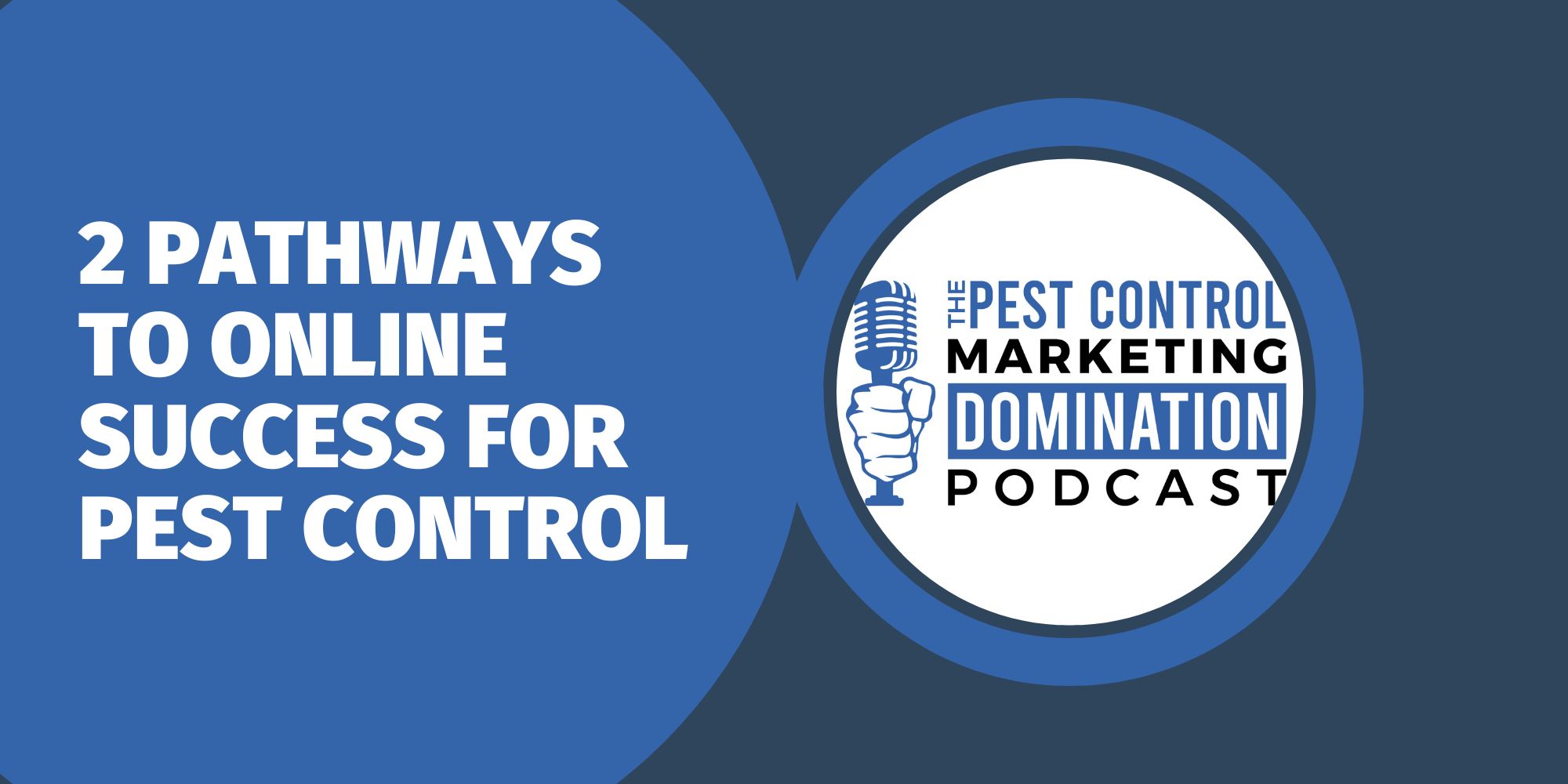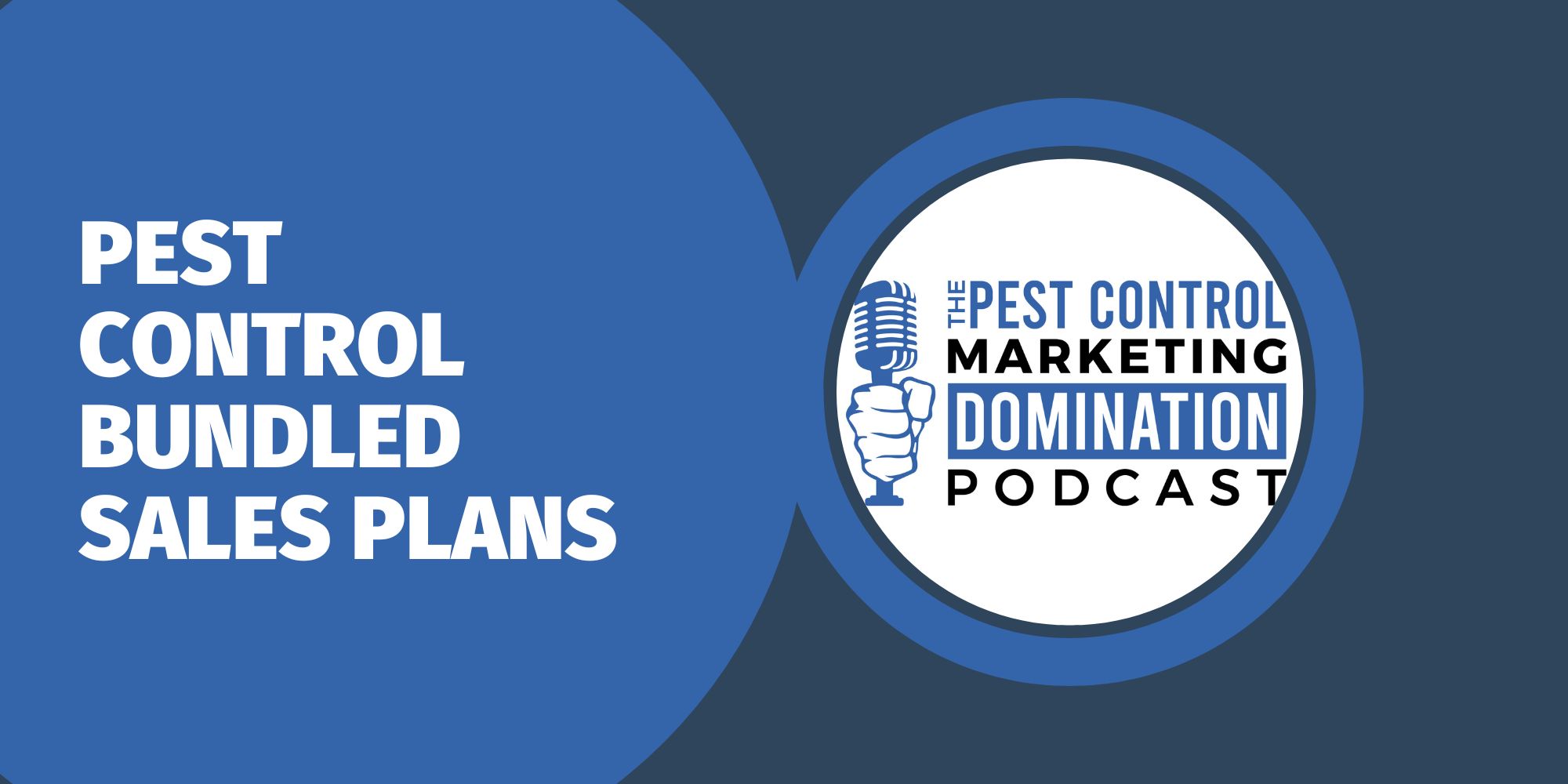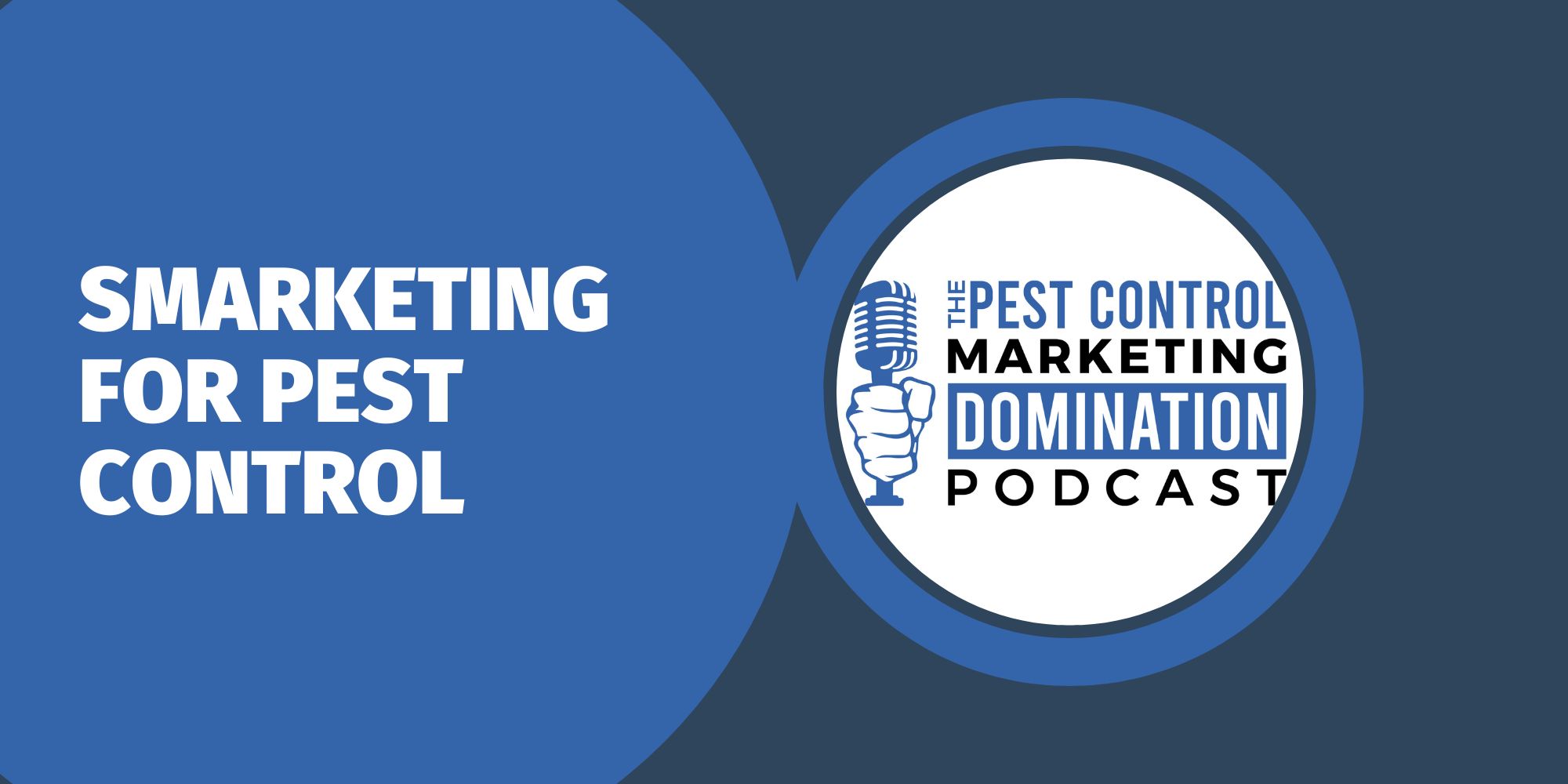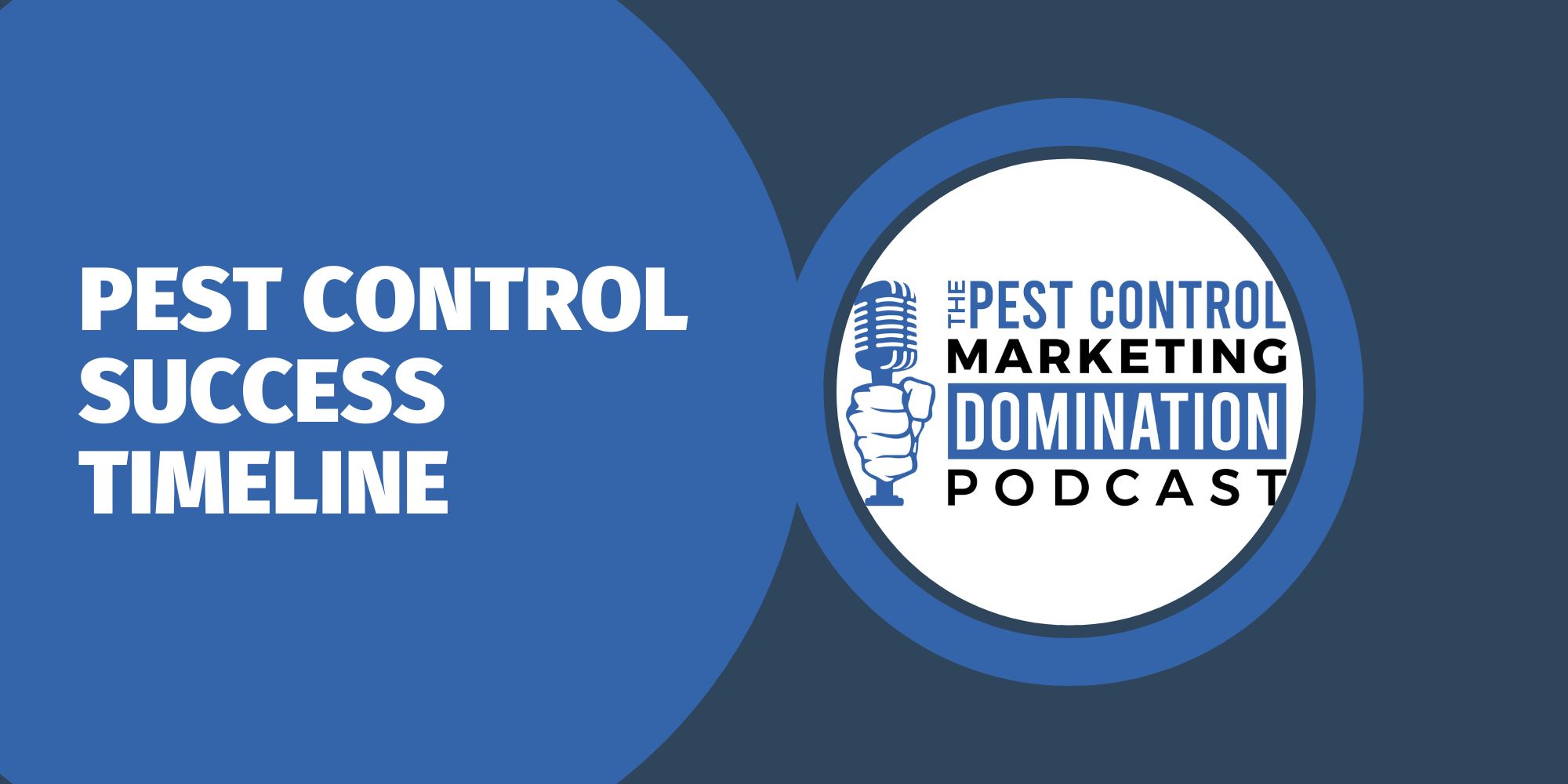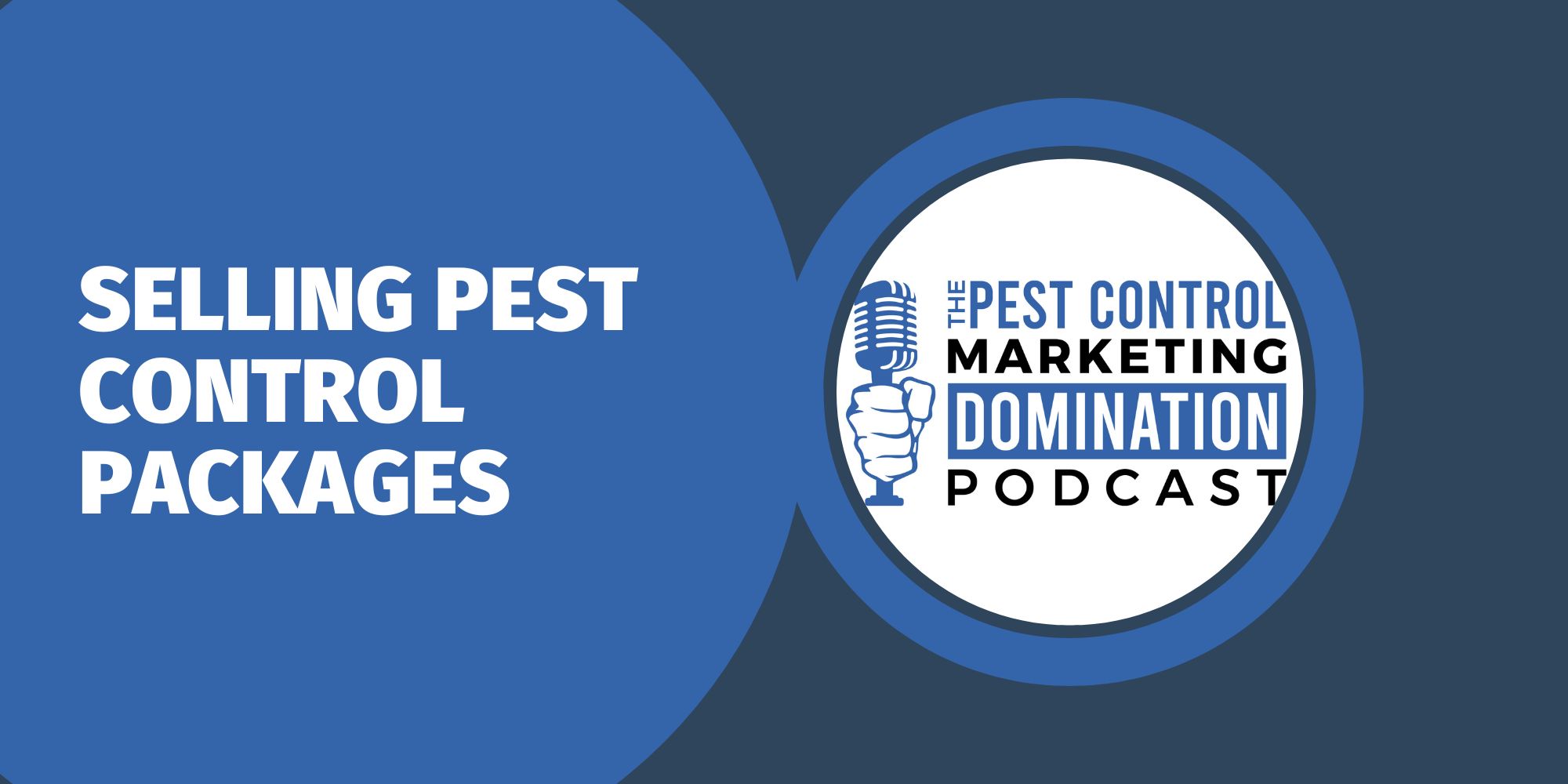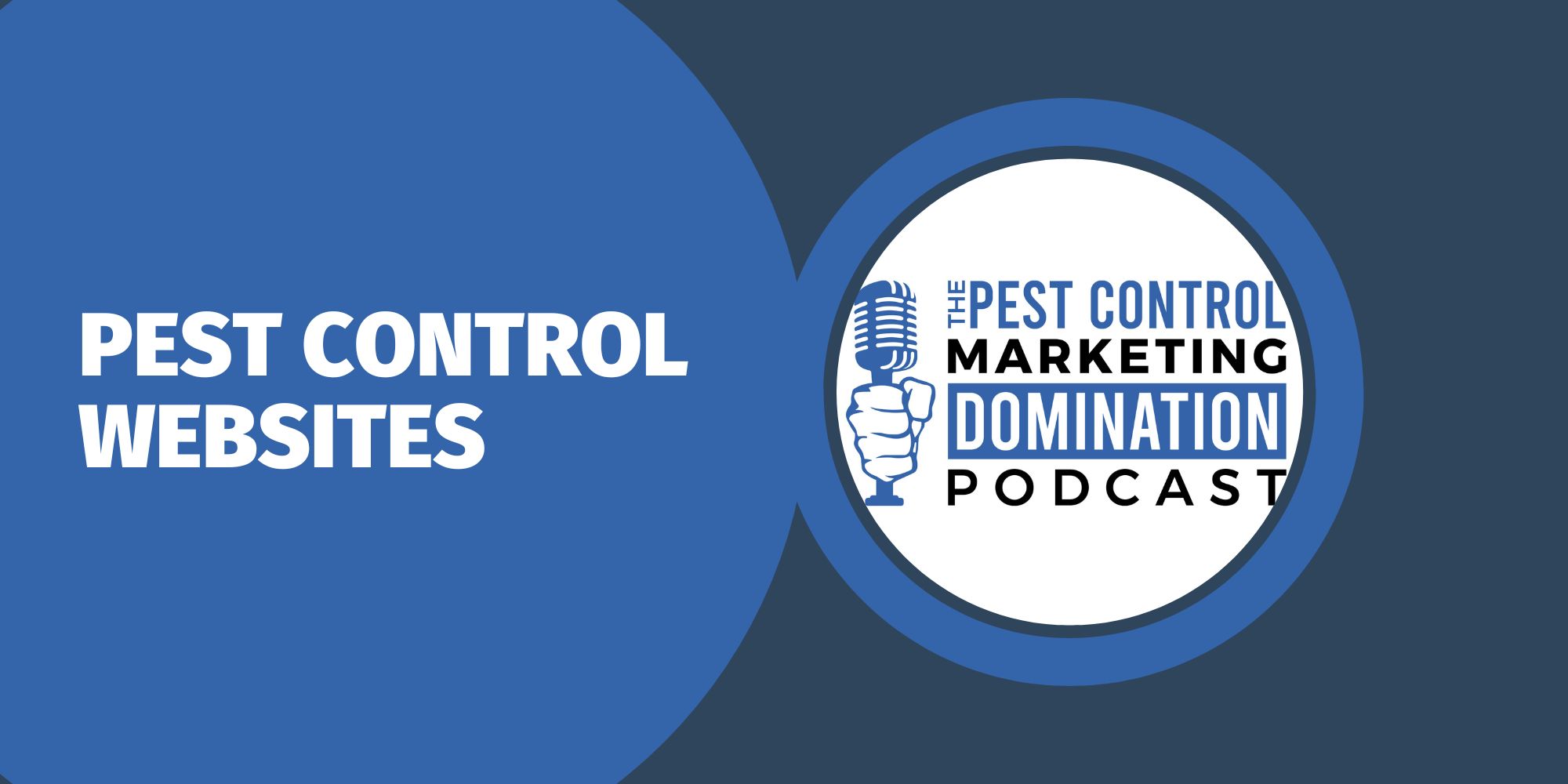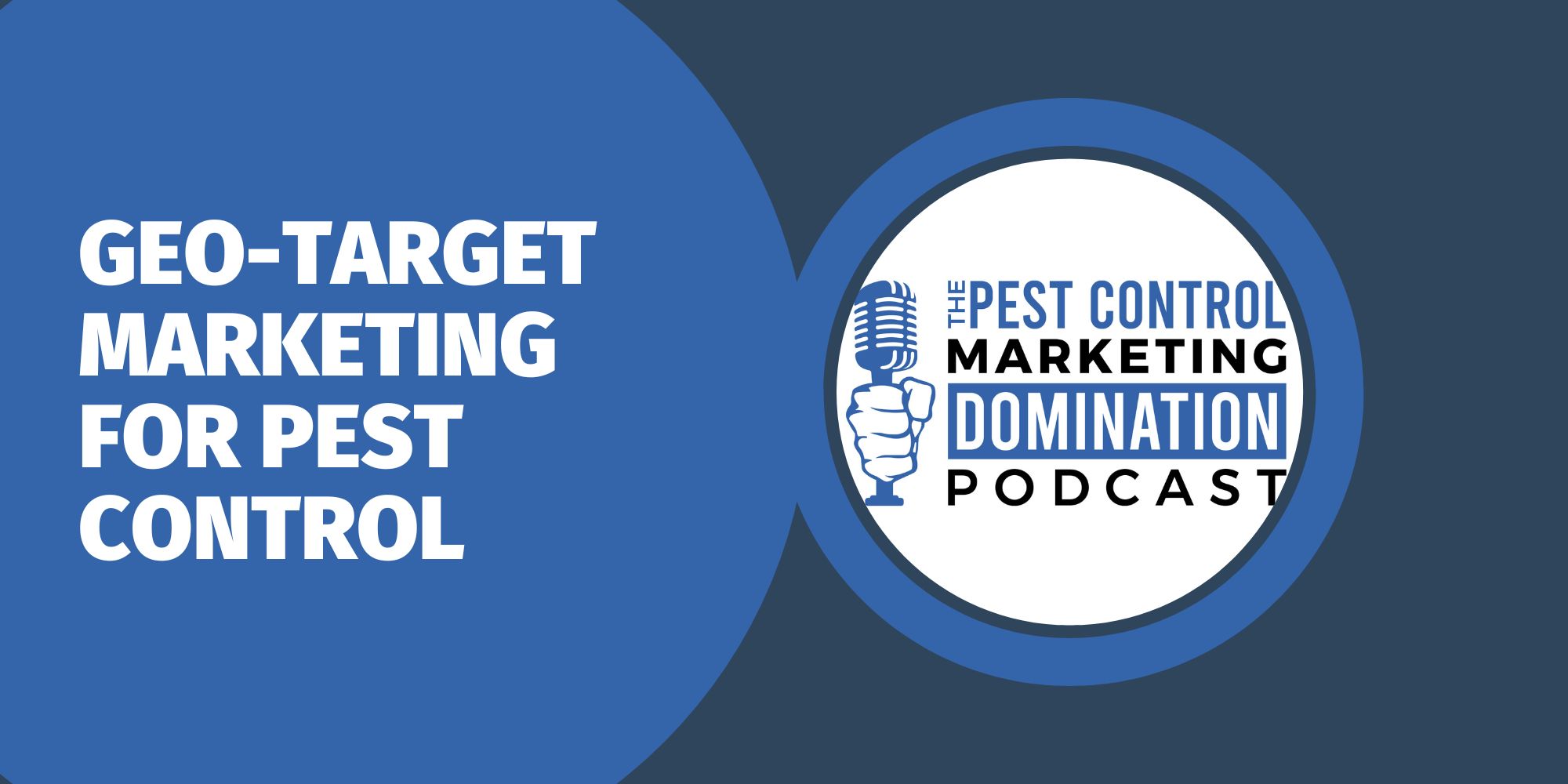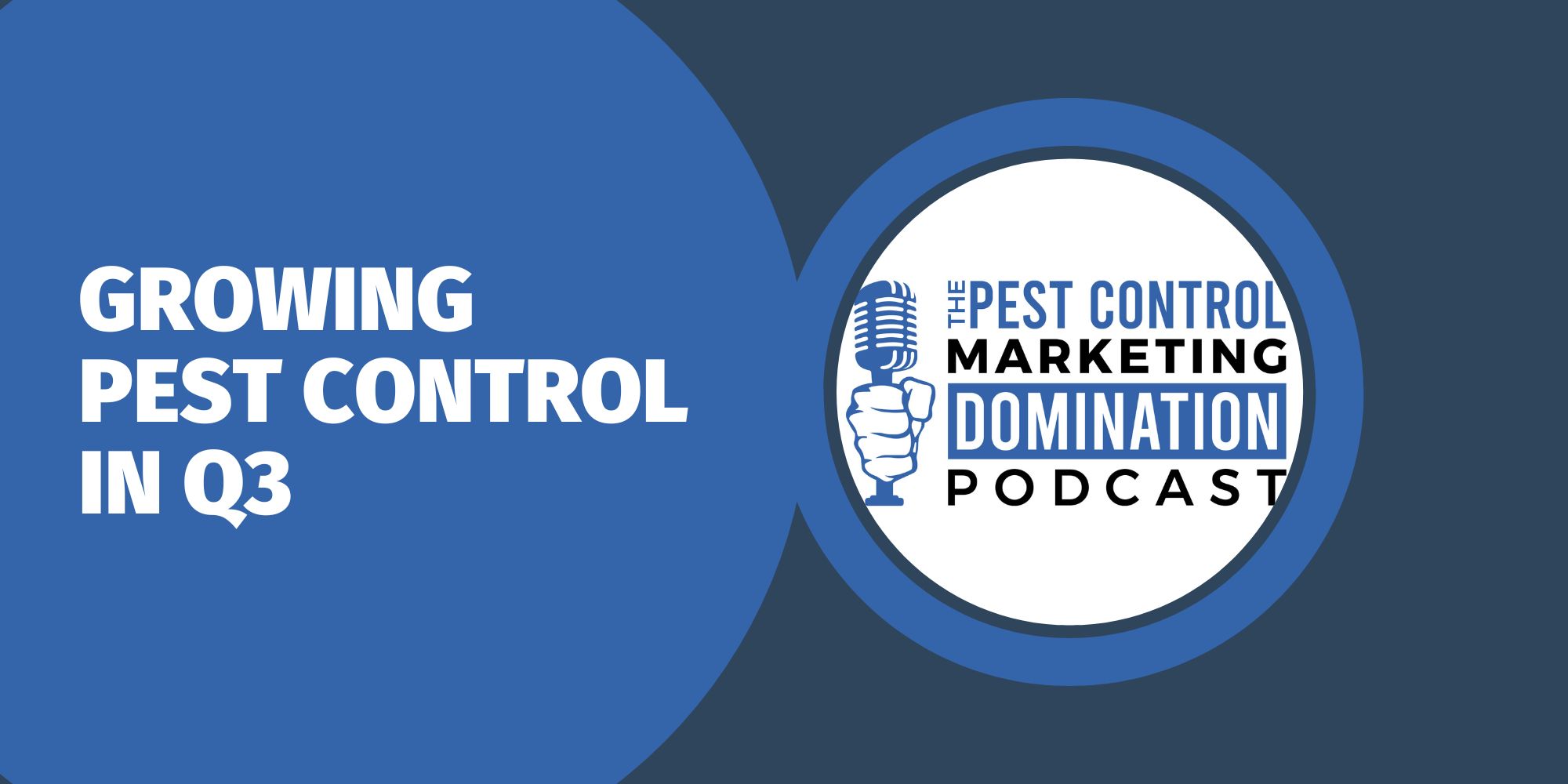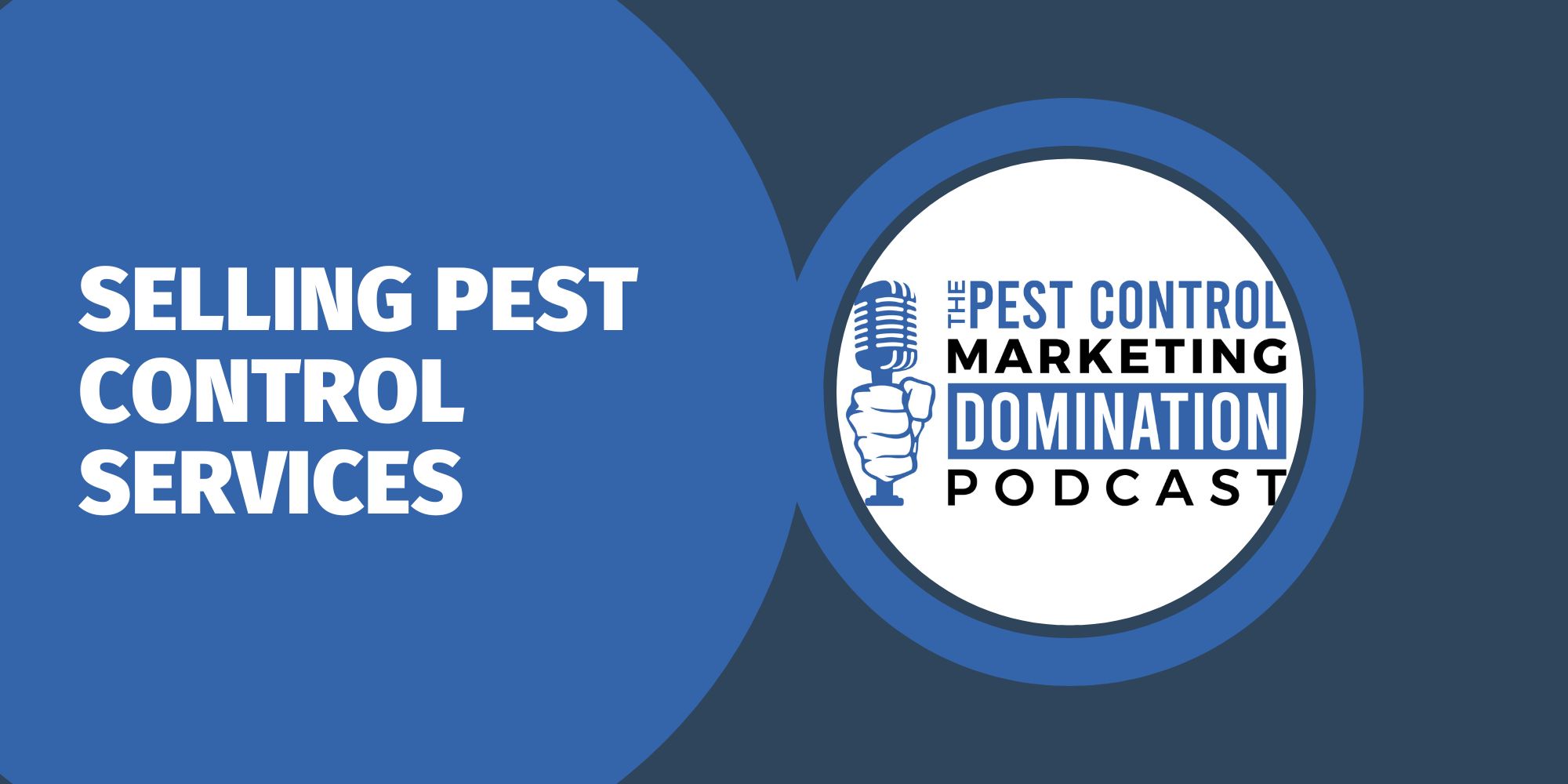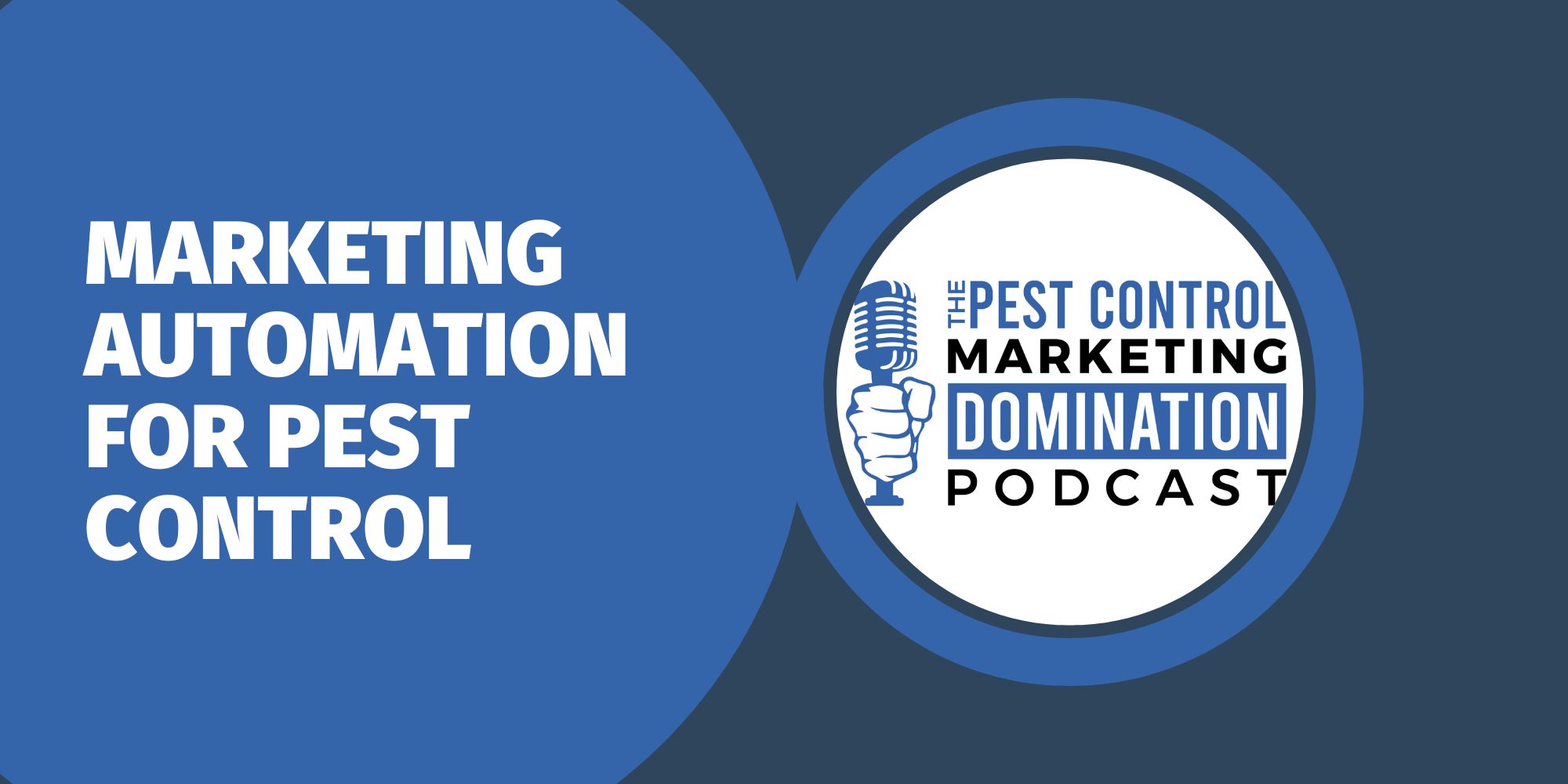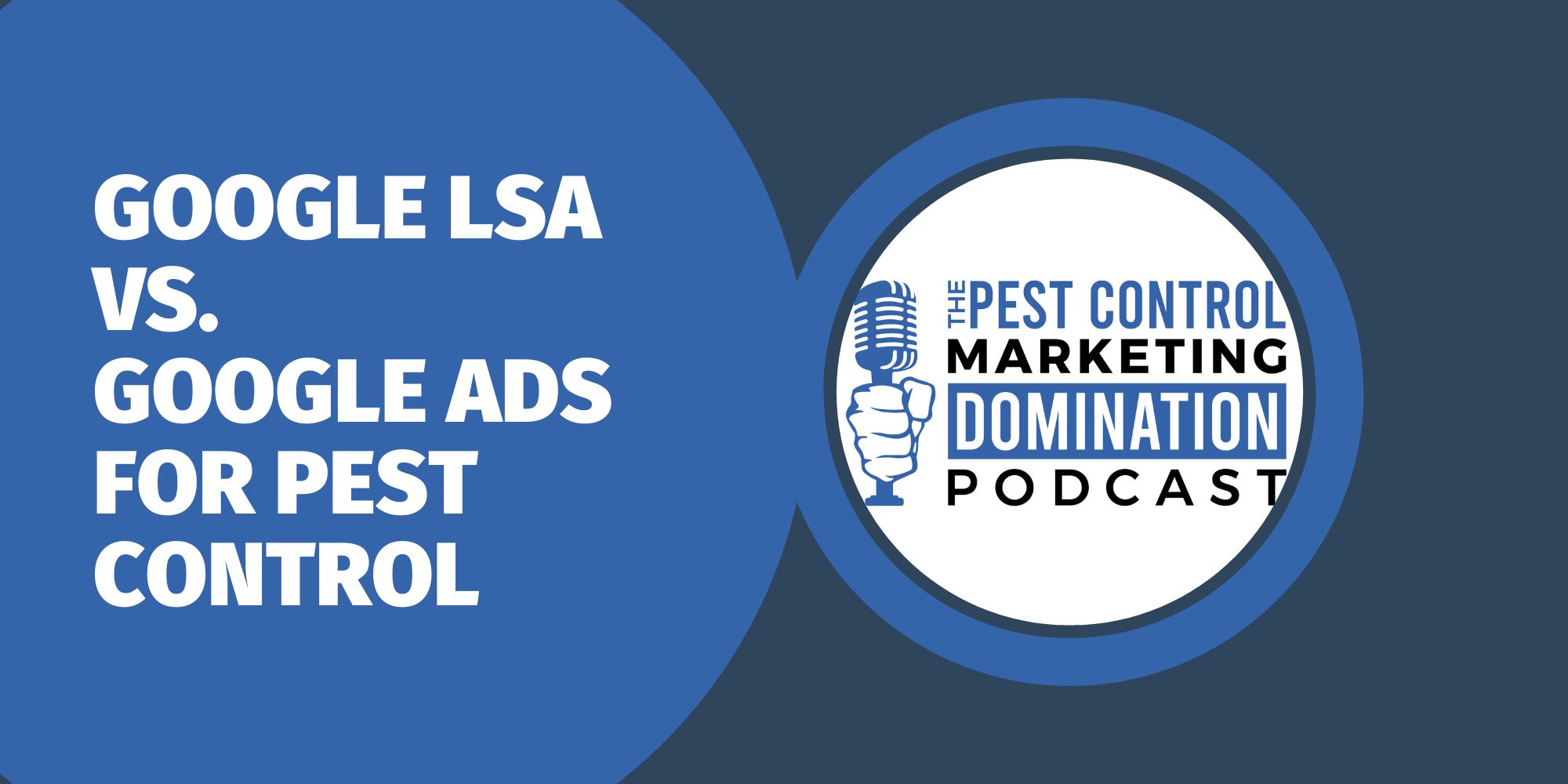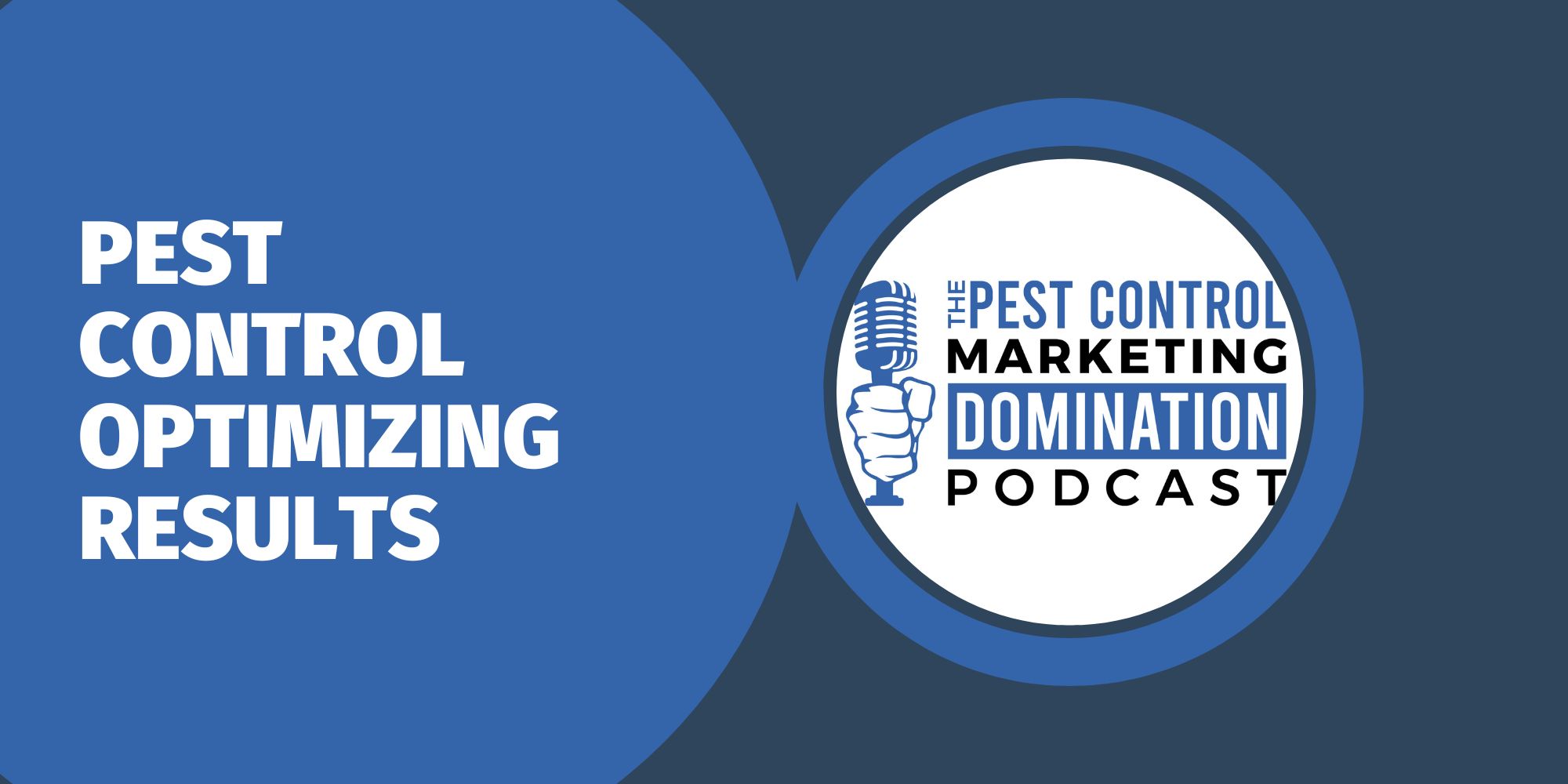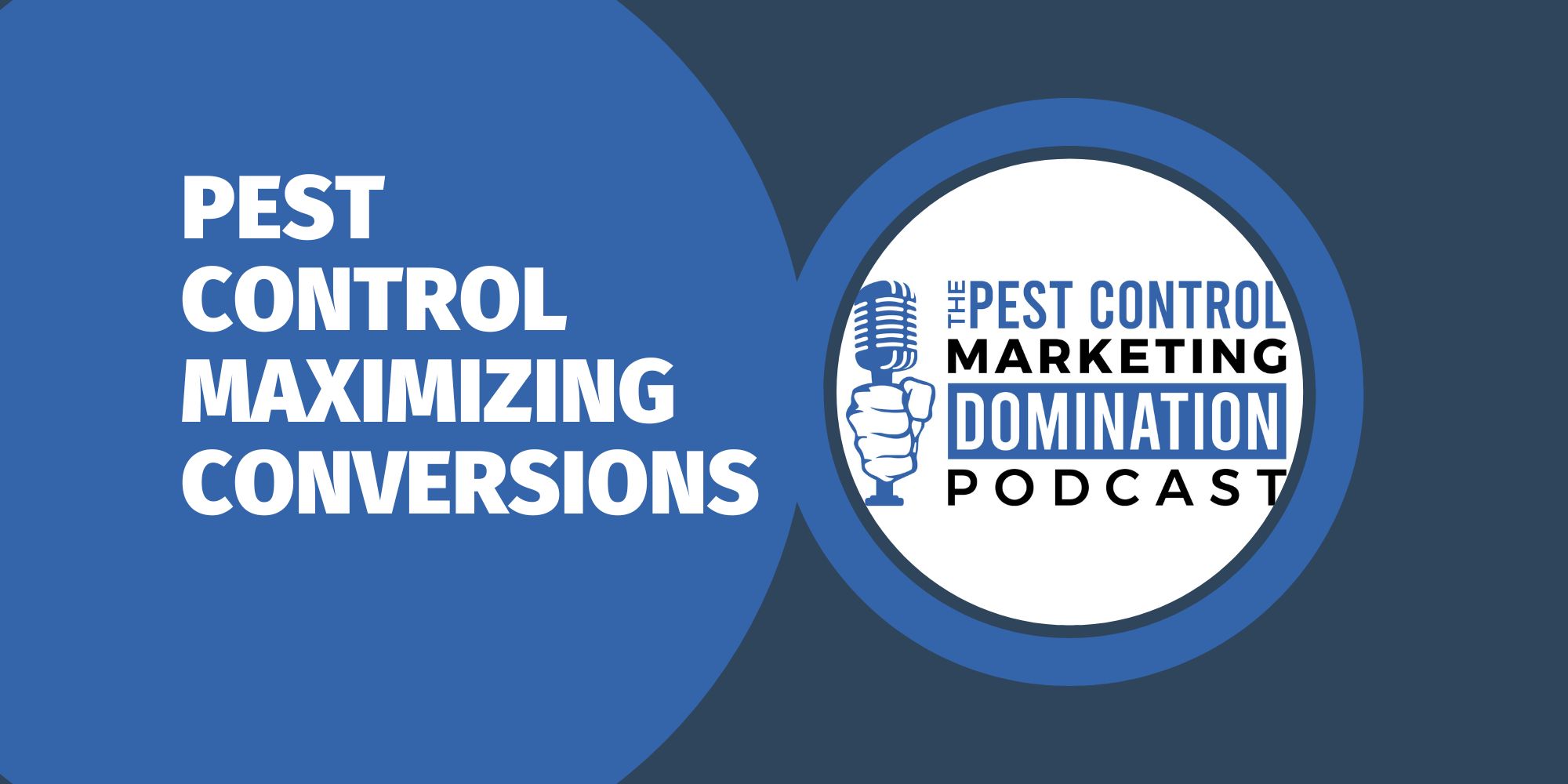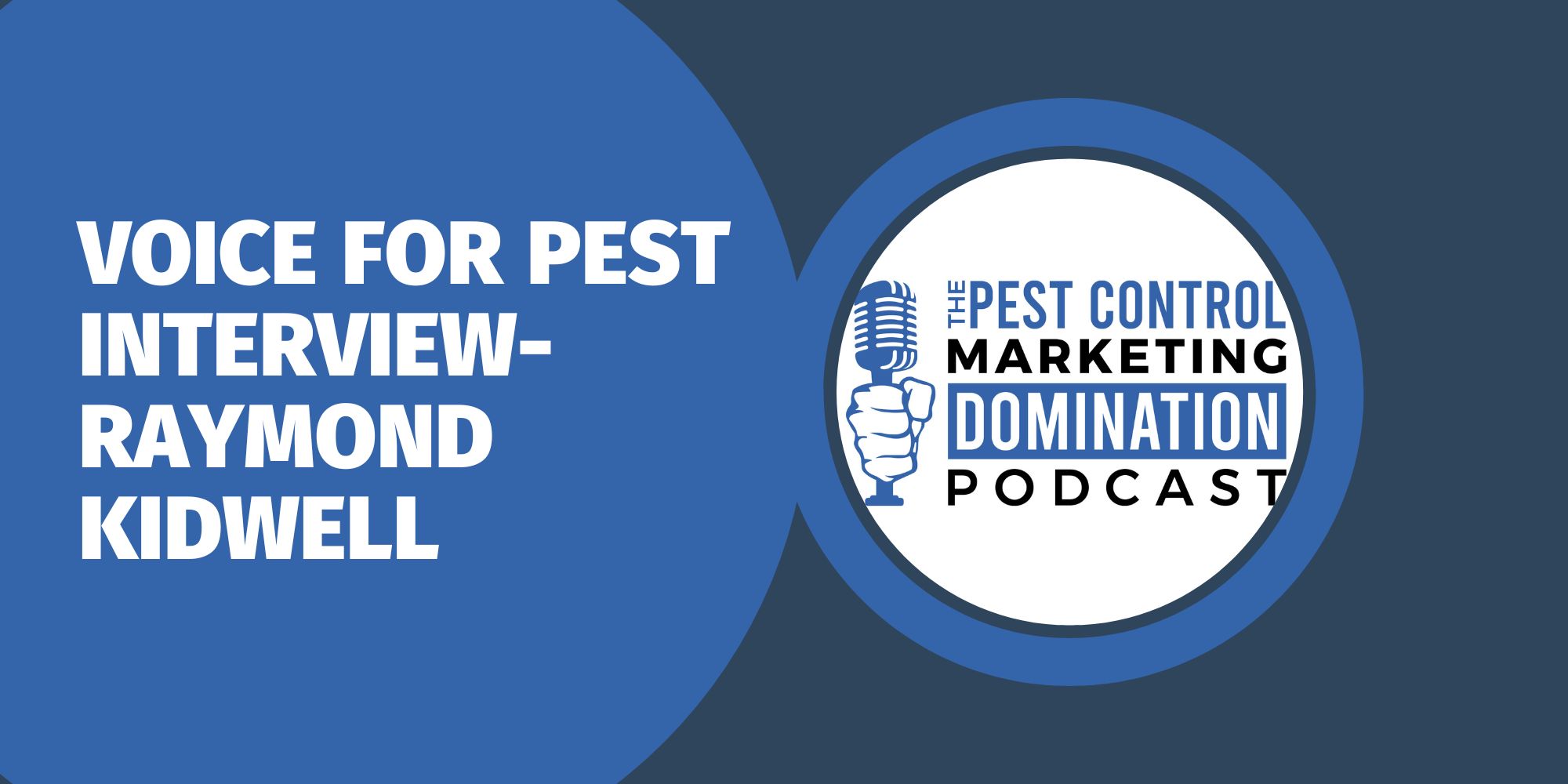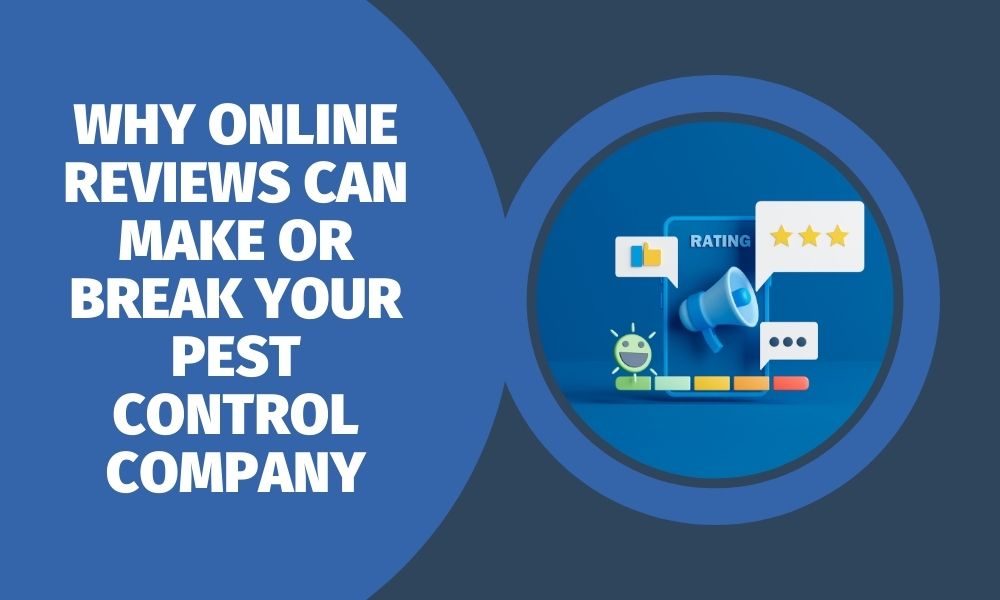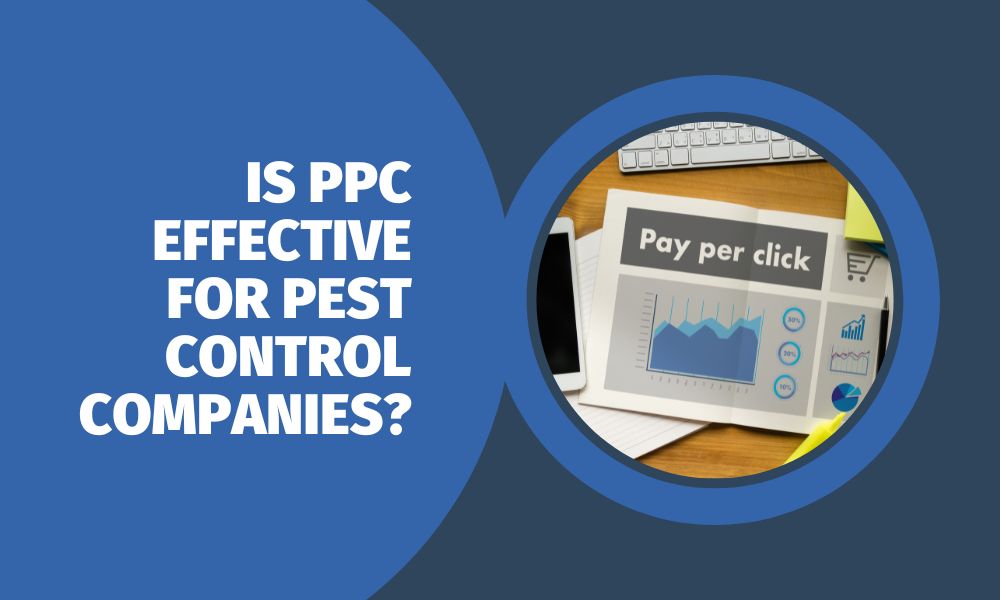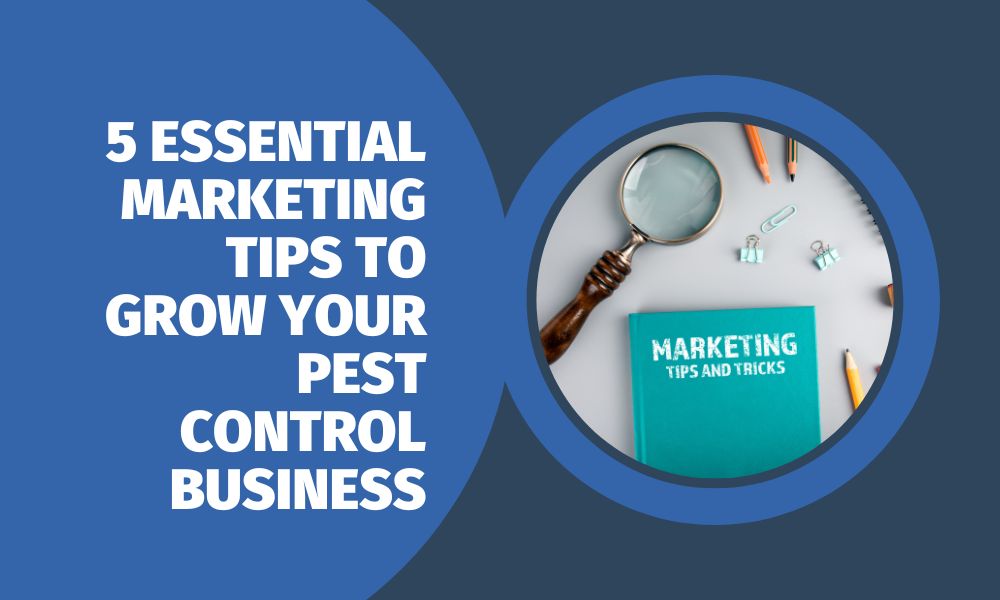If you’re in the pest control business, then it is important for you to learn about SEO for this industry. SEO will help you get more website traffic, more clicks and more conversions – which means higher ROI. After all, that’s what you want to achieve as a business owner: more profit for your marketing efforts.
There are several things you can do to optimize your website and content utilizing best SEO practices. We’ll be discussing how to get started with search engine optimization, so that your website can rank higher in search results and attract more potential customers.
What is SEO?
Search engine optimization, or SEO, is the process of optimizing your website and content to rank higher in search results. This means that you want your website to appear near the top of the search results whenever someone searches for relevant pest control keywords.
Keywords are an important part of SEO, and you’ll need to choose the right keywords for your business. These are words or phrases that potential customers might type into a search engine when looking for your services.
For example, as a pest control business, you want to target keywords like “pest control”, “exterminator”, “rodent control San Francisco.”
Keywords can be classed as long-tail and short-tail. Long-tail keywords are typically 3 or more words and specifically target a niche audience. Short-tail keywords are usually just one or two words, and they will get much more traffic – but it’s often not the right kind of traffic, if you’re looking to convert customers.
Once you’ve identified your target keywords, you’ll need to create content that is relevant to these keywords. This means that you should include these keywords in your website copy, blog posts, and other content – without overdoing it or using them in a spammy way.
Search engines like Google crawl through websites and look for these keywords, and the more often you display them, the more likely your website will rank higher in search results.
There are also other factors that influence SEO rankings, including things like backlinks, site speed, and user engagement.
Why is SEO important for pest control companies?
So, if you’re a pest control business owner, why should you care about SEO? The main reason is that SEO will help you get more traffic and higher conversion rates.
With SEO, you can reach a wider audience of potential customers who are actively searching for your services online. This means more leads and more sales for your business – without any additional advertising or marketing costs.
Another benefit of SEO is that it can help you get more visibility and credibility. When your website appears higher in search results, it will be seen as a trusted source of information – which can lead to more referrals and word-of-mouth marketing.
So if you want to grow your pest control business, it’s important to invest in SEO now. With the right strategy and the right tools, you can start ranking higher in search results and generating more revenue for your company.
What SEO strategies do pest control companies need to focus on?
Location-based SEO is vital for pest control companies. When potential customers search ‘pest control near me’ in Google, you want to be the very first result. To achieve this, you need to focus on the following:
- Location-based Google search
- Keywords
- Citations
- On-page SEO
- Off-page SEO
Location-based Google searches:
Location-based SEO involves targeting keywords that are specific to your area or region. This means including location-specific keywords in your website copy, blog content, and other marketing materials. One of the best ways to do this is by creating individual site pages for each city you service, and each target pest.
Keywords:
Keywords are an important factor in SEO, and you’ll need to select the right keywords for your business. These are words or phrases that potential customers may use when Googling for your services. For pest control companies, you want to focus on all of the services you provide and target pests. Rodent control, bed bug control, spider control, ant control, residential and commercial treatments. All of these keywords need to have site pages dedicated to them.
Citations:
Another important element of SEO is citation building. This involves getting your business listed on other reputable websites, such as business directories and review sites. Websites like Yelp, TrueLocal, and Foursquare can help you get more exposure and improve your search rankings.
On-page SEO:
This refers to the content on your website. You’ll need to optimize all of your webpages for target keywords, so that search engines can easily find and rank them. This includes things like title tags, meta descriptions, headings, and alt text.
Off-page SEO:
Off-page SEO refers to the strategies you use outside of your website, such as social media marketing and link building. This can help boost your SEO ranking by increasing traffic and engagement on your website, as well as creating more inbound links.
How much ROI can you earn from SEO?
The return on investment for SEO is very high. You can get started with little upfront investment, and you will typically earn back your costs by generating more traffic, leads, and sales for your business.
On average, SEO earns businesses an average of $7 for every $1 spent on this marketing strategy. This means that if you invest in SEO today, you could see a significant increase in traffic and conversions – leading to more revenue and profit for your business.
Getting started with SEO – the basics:
You can get started with SEO right now by following these tips:
Content is king
One of the first things you need to do is focus on your website’s content. This means that you should create unique, relevant content about the pest control industry. Think about what your audience will be searching, topics like pest control solutions, tips for dealing with specific pests, etc.
Once you have some content written, focus on optimizing it for Google search. This means including your target keywords throughout the text, but doing so in a natural way that flows well with the overall tone and style of your writing. You don’t want to spam your keywords, as the algorithm (how Google decides what websites to put first) will penalize you for that.
Nurture your backlinks
In addition to creating high-quality content for your site, you should also focus on building quality backlinks to your website. Backlinks are links from other websites to your own, and they are an important factor in SEO rankings.
To start building backlinks, you can reach out to relevant blogs and publications in the pest control industry, or do guest blogging for other sites. Reaching out to pesticide companies, farms, or pest control associations can also help you get your website in front of the right audience.
Websites that provide information on different pests is also a great place to get backlinks. For example, there might be a website that talks about rats and mice, and you can reach out to them with a guest post.
Metadata:
In simple terms, metadata is the information about your website that search engines use to help them understand and rank your content. This includes things like title tags, meta descriptions, headings, and alt text for images.
To optimize your metadata, start by choosing the right keywords and making sure they are included within your title tags and meta descriptions. You can also use tools like Moz’s Open Site Explorer to see what metadata other high-ranking sites in your industry are using, and tweak your own metadata to match their best practices.
Finally, ensure that you consistently update and optimize your metadata as your website, content, and ranking change. This will help ensure that you stay on top of the latest trends in SEO, and continue to earn significant traffic and revenue for your pest control business.
Headings:
To boost your SEO rankings and drive more traffic to your pest control business, it’s important to focus on optimizing your website’s headings. Headings are classed into categories based on their size, and each category of heading has a different level of importance.
For example, the most important heading on your site would be an <h1> tag, which is the title at the top of your page. The next most important heading would be an <h2>, followed by an <h3>, and so on.
When it comes to optimizing your headings for SEO, you should include the keywords you want to rank for within each heading. You should also make sure that your headings are topical and organized in a way that makes sense, both for users and search engines. Finally, try to use the same keywords throughout your headings, but don’t violate any keyword density rules that might impact your rankings.
Alt text:
As a pest control business owner, it’s important to focus on optimizing your site for search engines in addition to users. One of the most important aspects of SEO is making sure that you include descriptive alt text with each image on your website.
Alt text, also known astags or description tags, is the text that describes an image to search engines and users who can’t see it. You can access the alt text of an image by right-clicking on it, and selecting the “properties” or “details” option.
When writing alt text for your images, focus on using relevant keywords that will help your image rank well in search engines. You should also try to describe what is happening in the image as clearly as possible. For example, if you are showing a picture of a rat infestation, you might write something like “Rat infestation in city”.
By optimizing your alt text for users and search engines alike, you can help drive more traffic to your pest control website.
Rhino Pest Control Marketing – your leading pest control digital marketing agency:
Overall, there are many different factors that go into optimizing your website for search engines like Google and Bing. From headings and alt text to site architecture and content quality, there are many things to consider when improving your SEO rankings. But with the right expertise and support, you can boost your SEO and drive more traffic and revenue to your pest control business.
At Rhino, our team of digital marketing experts are dedicated to helping businesses like yours thrive online. Whether you need help managing your social media presence or optimizing your website for search engines, we have the tools and experience you need to get your pest control company to the top of Google search – meaning more customers, more revenue, and, ultimately, more success for your business. So why wait? Contact us today to learn how we can help grow your pest control business!




